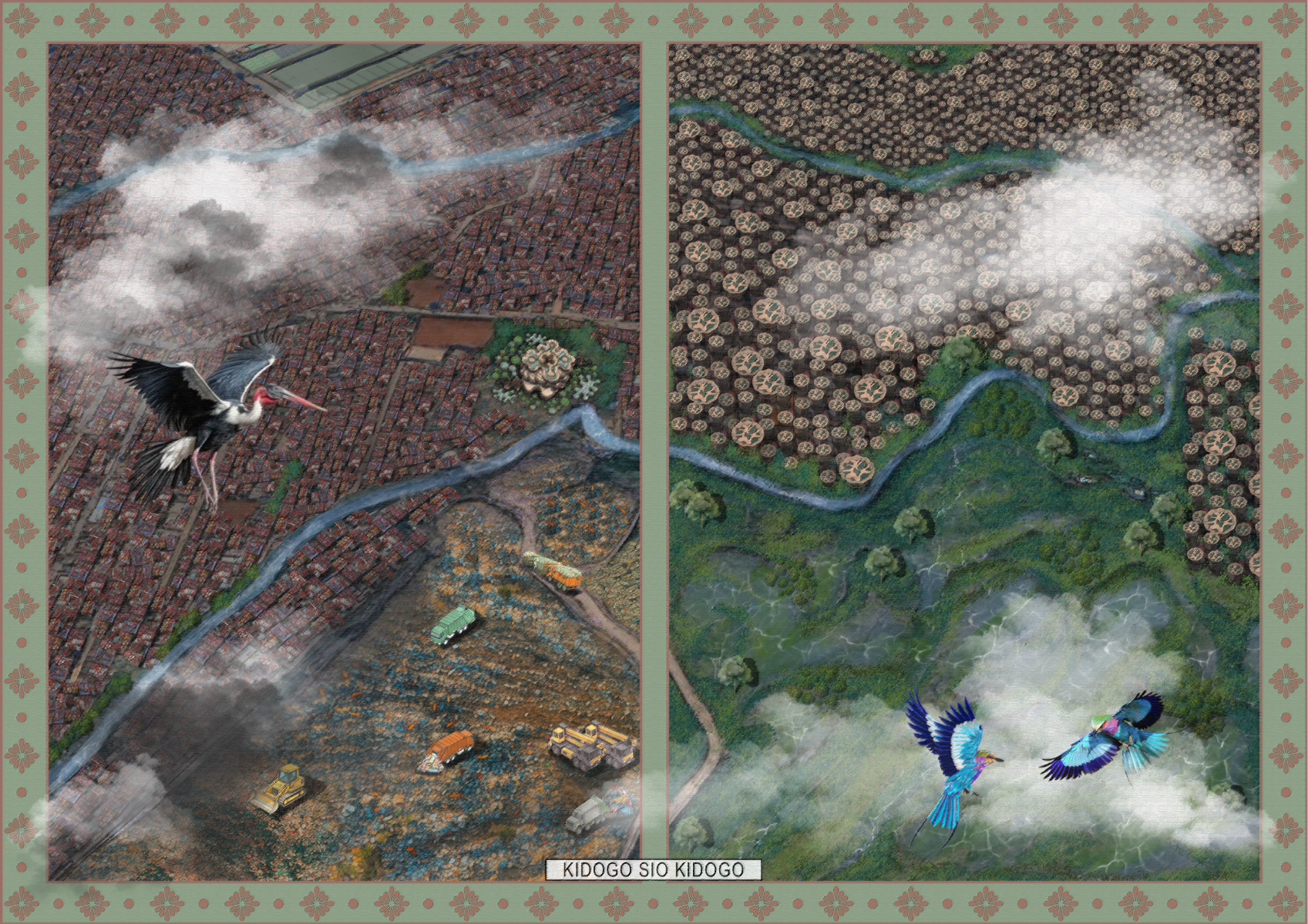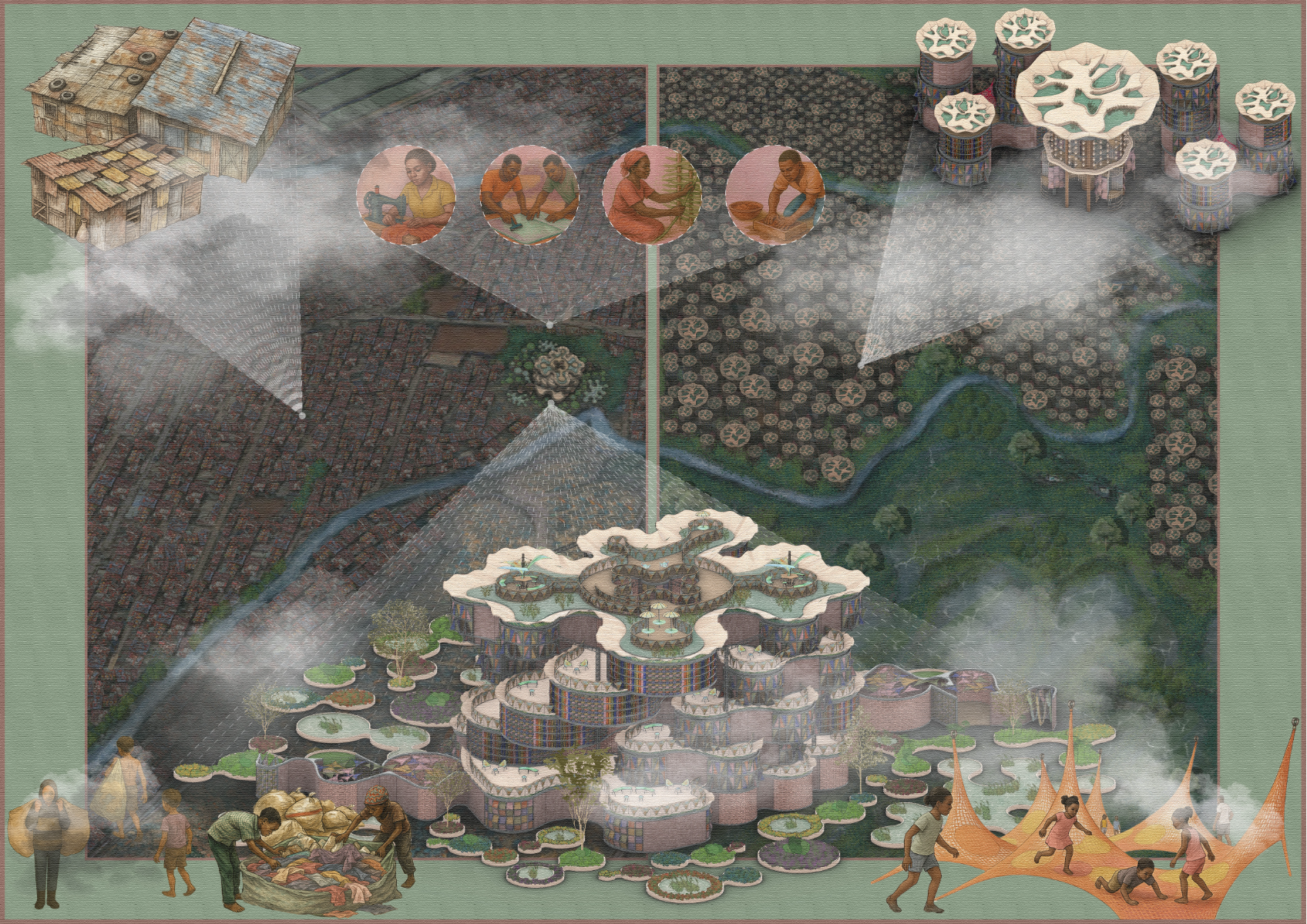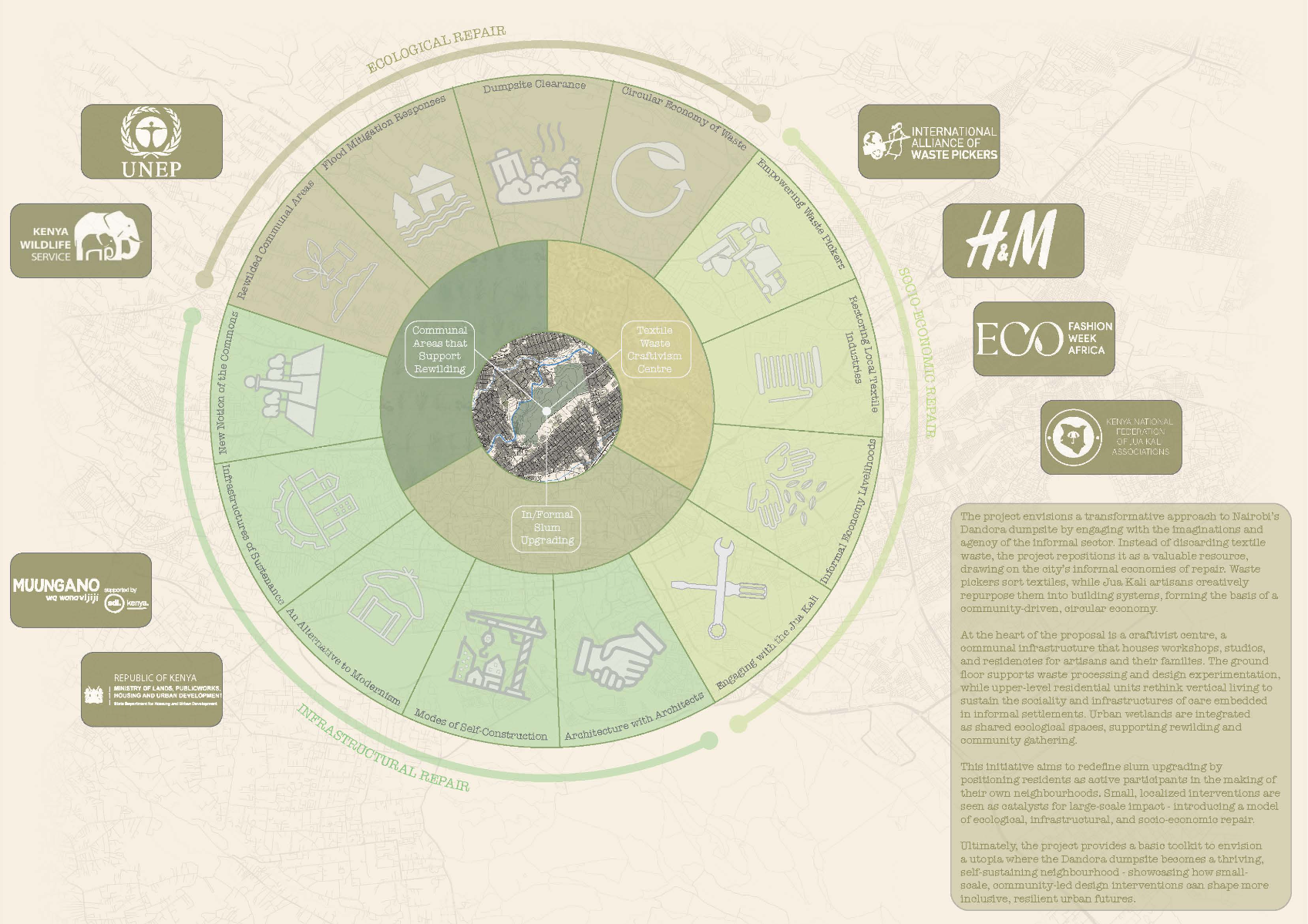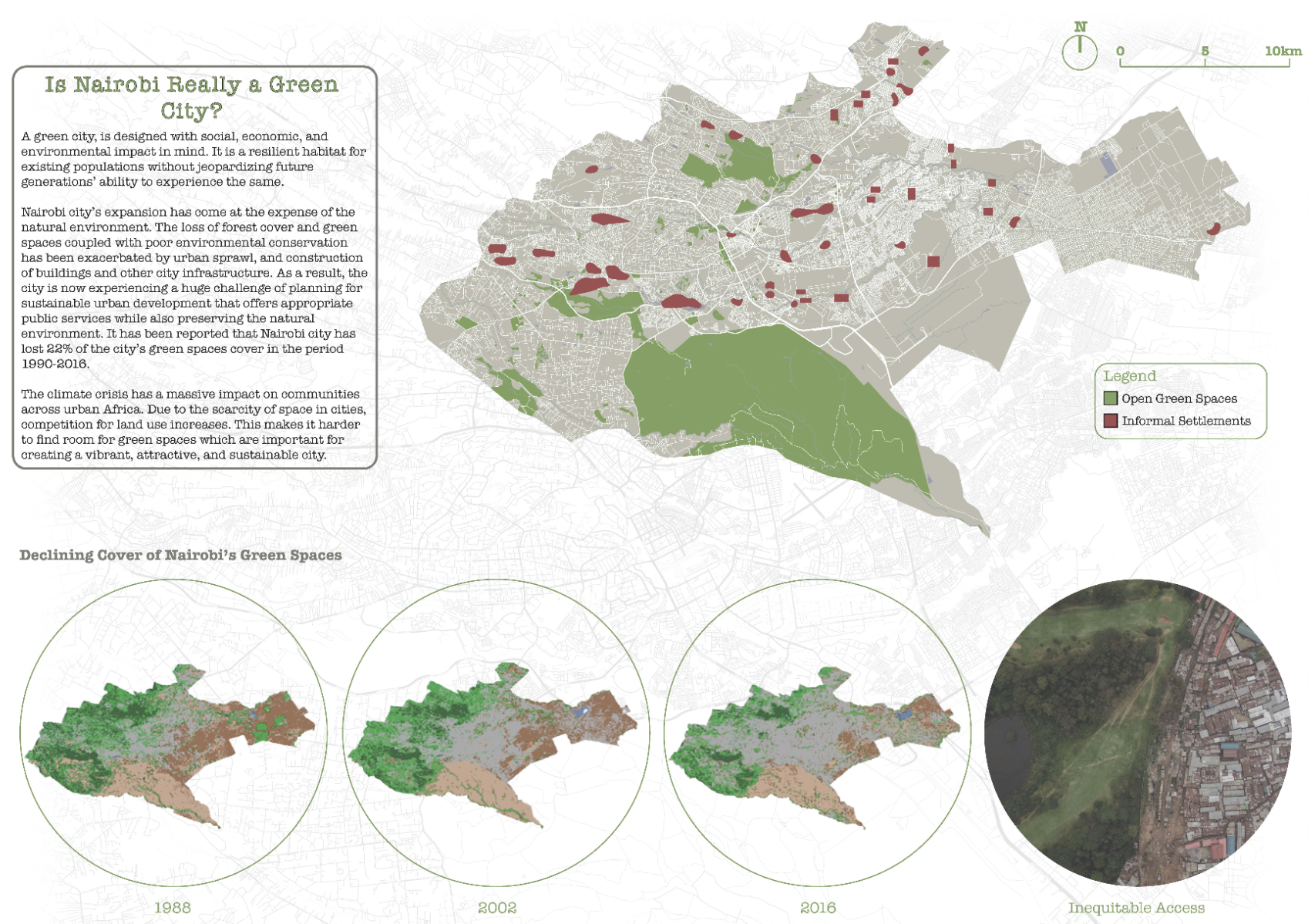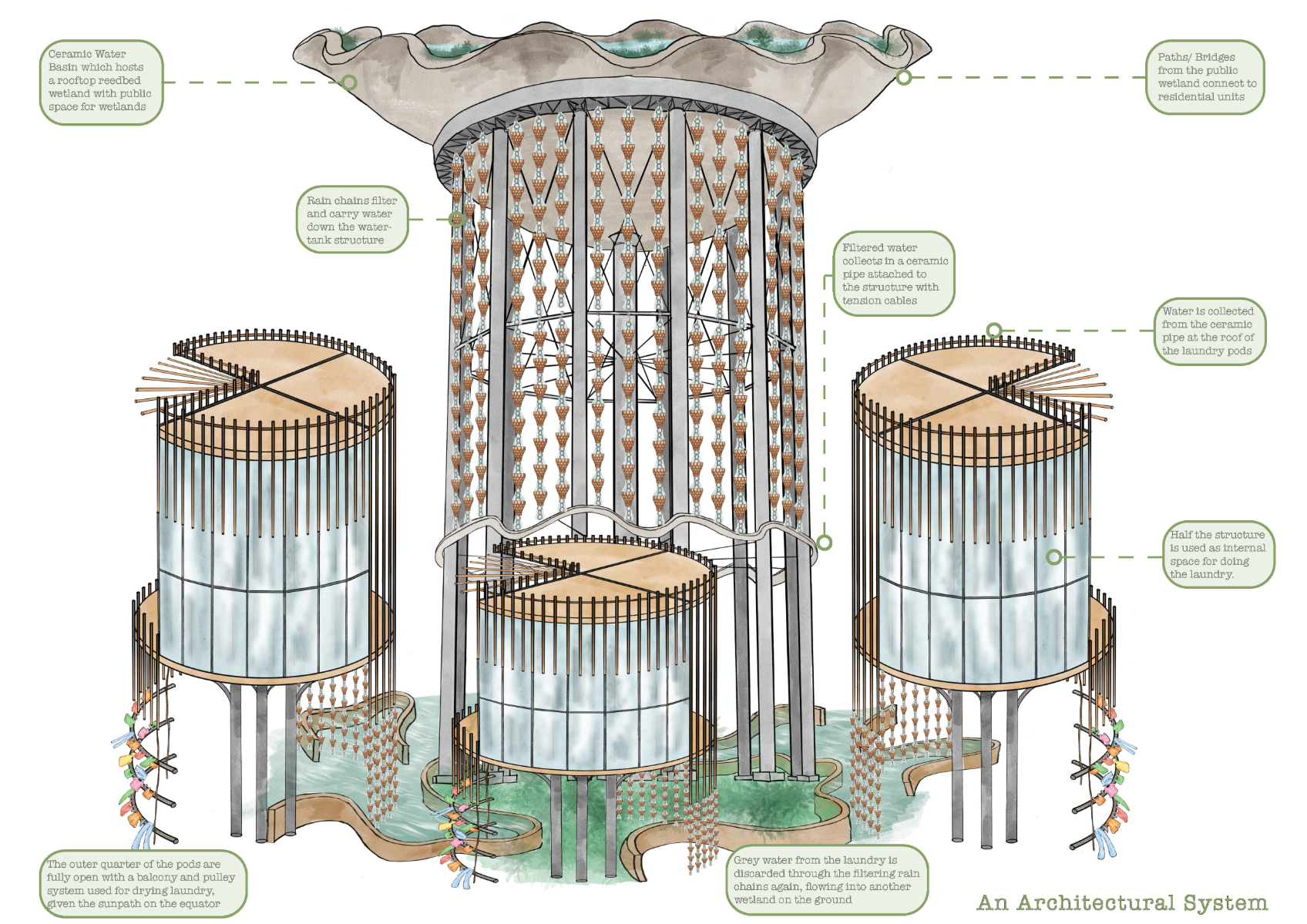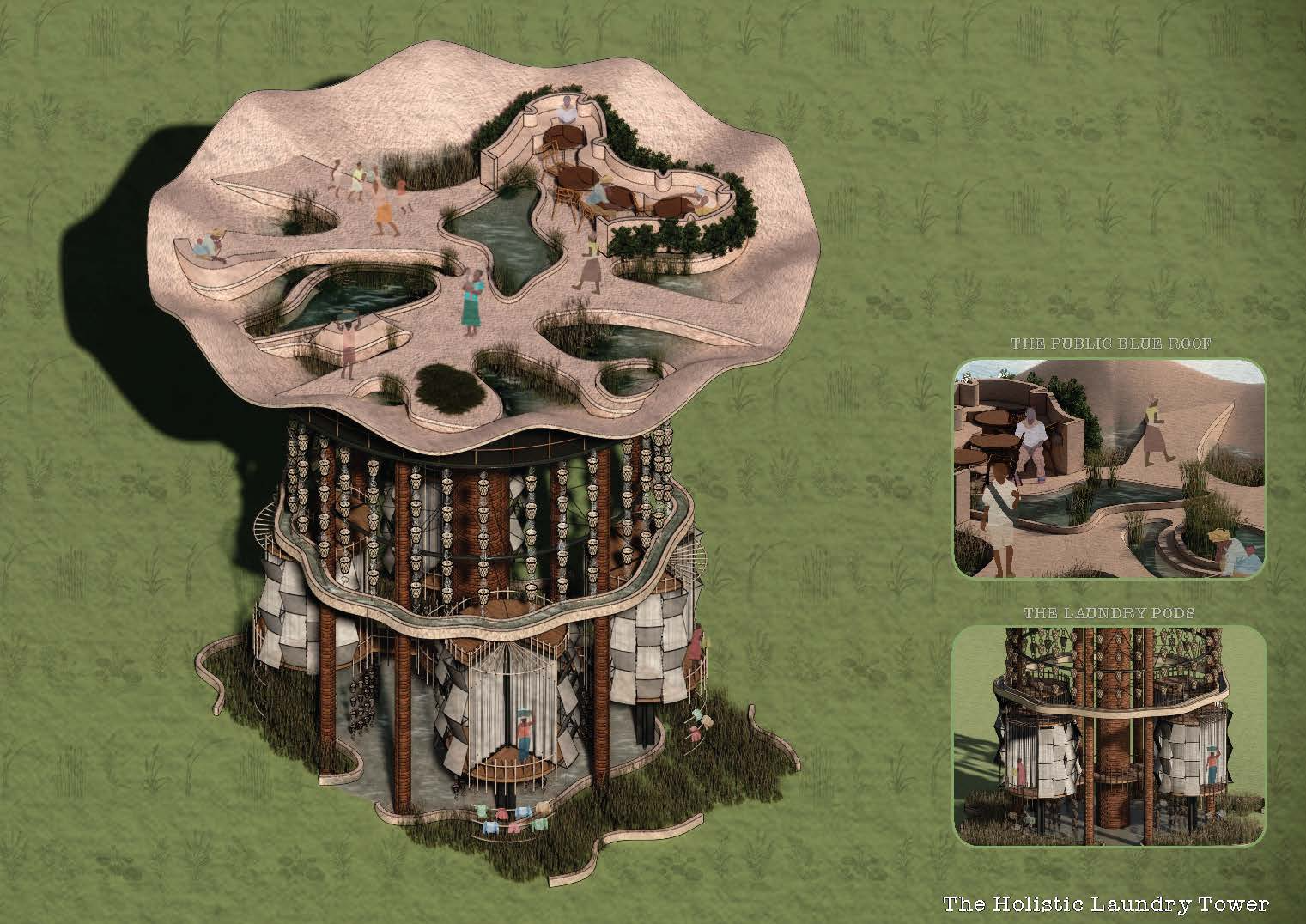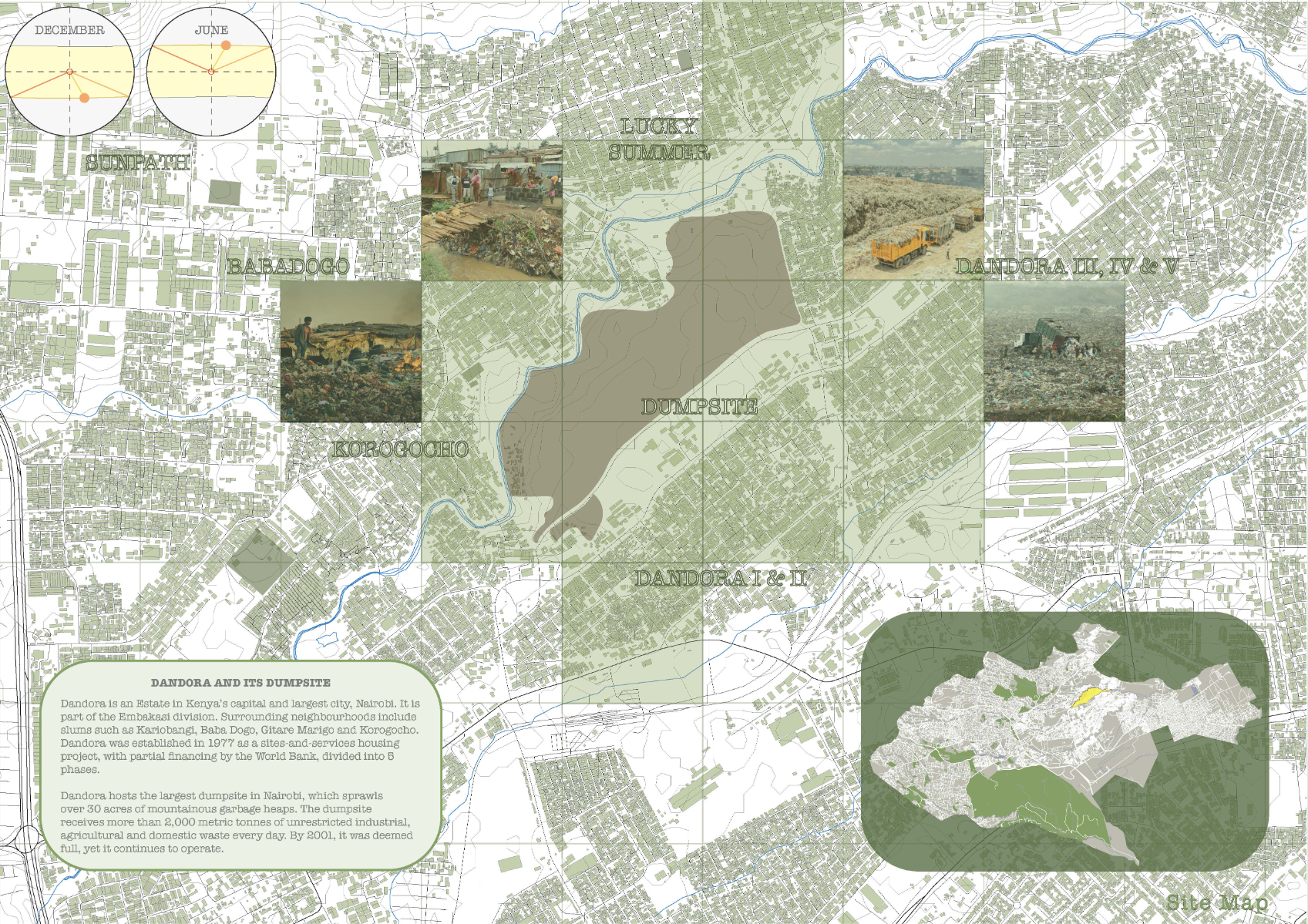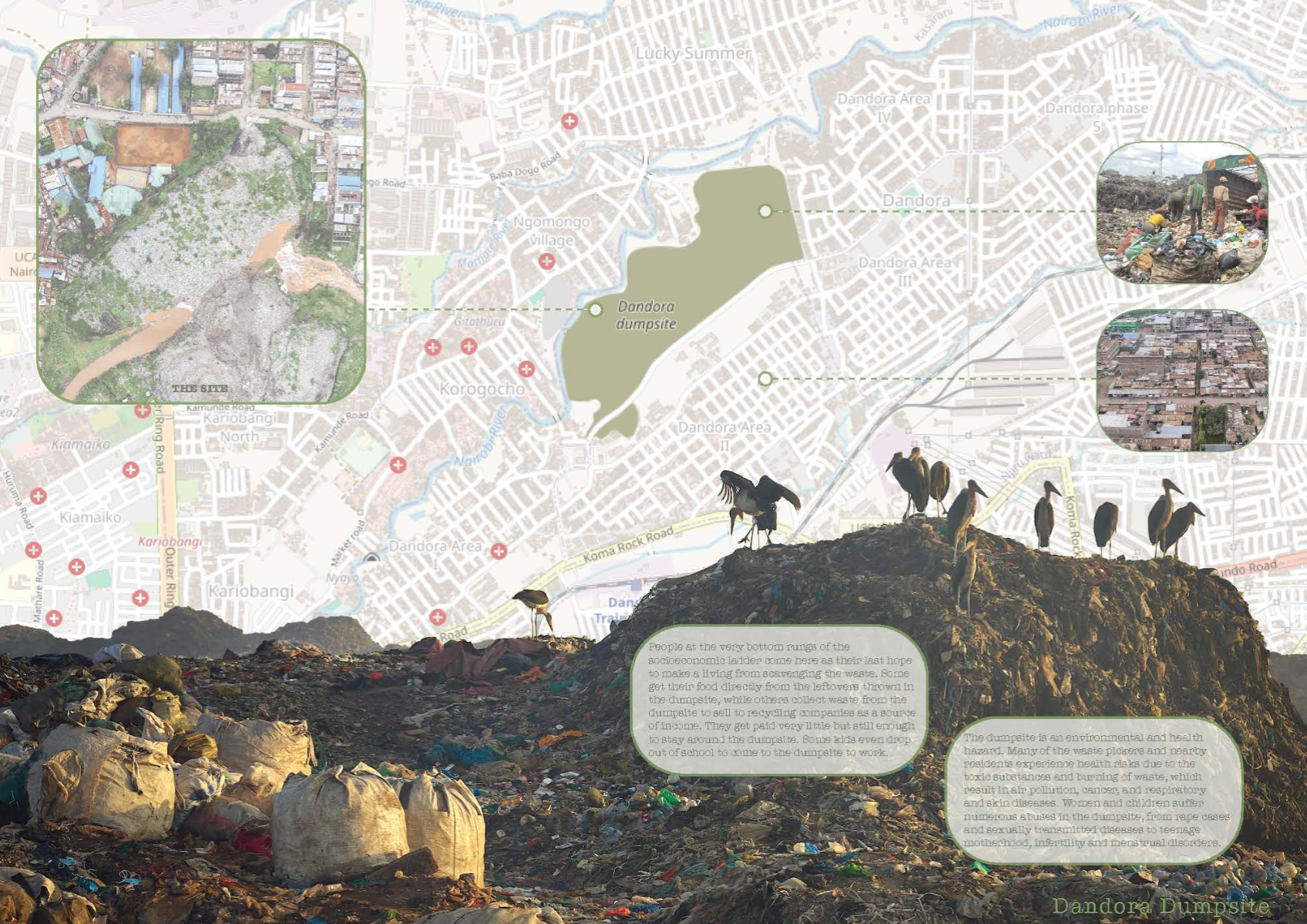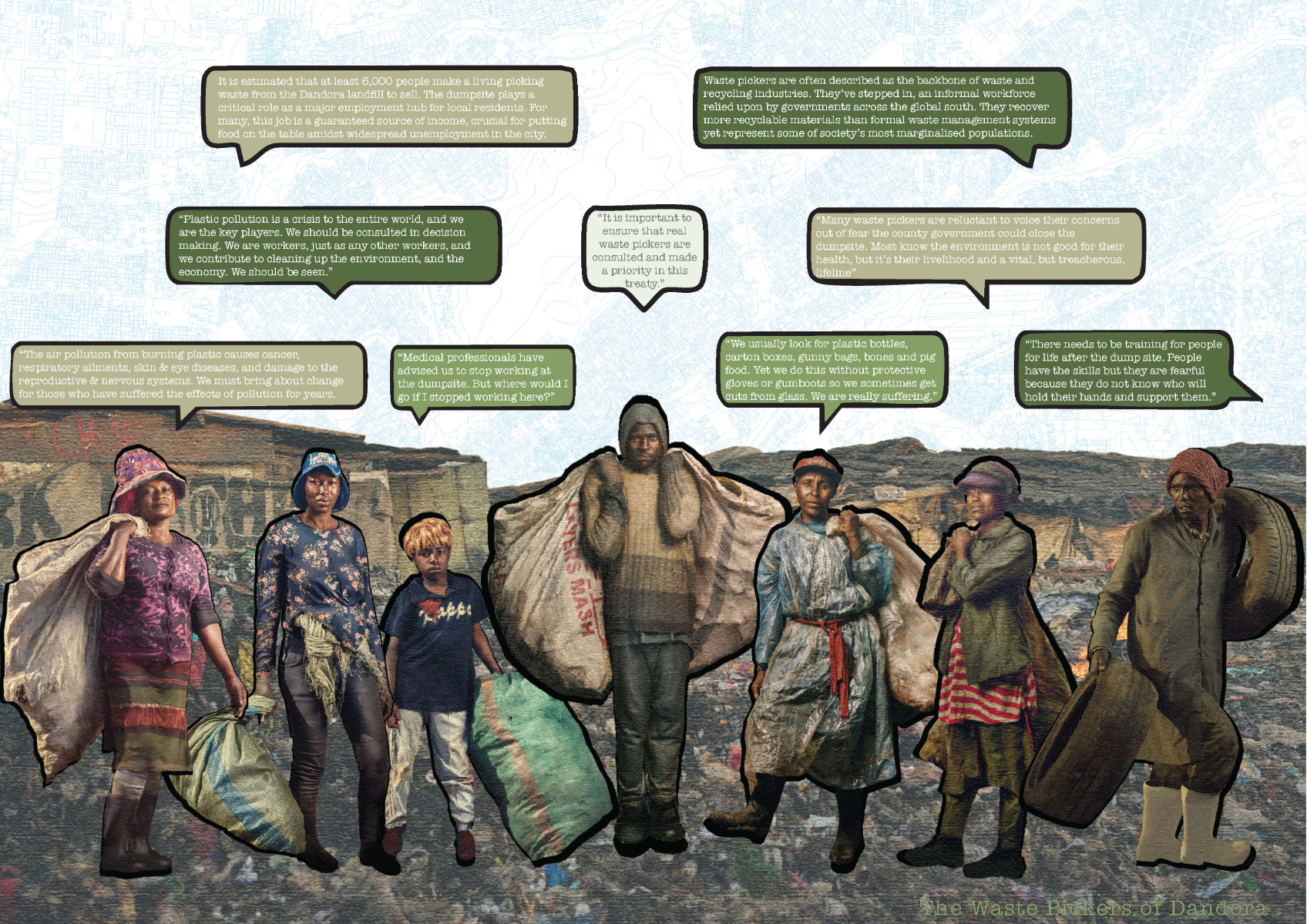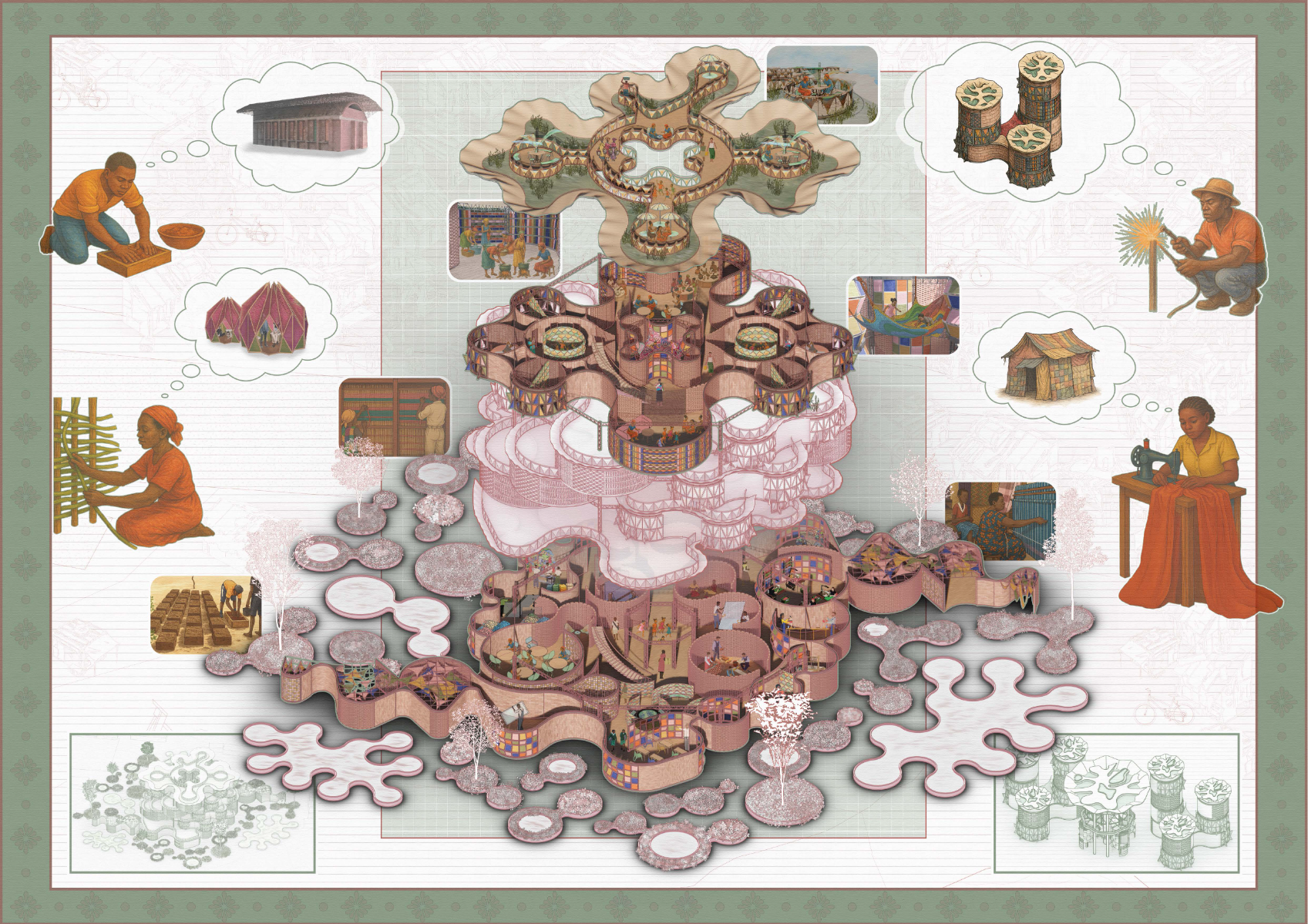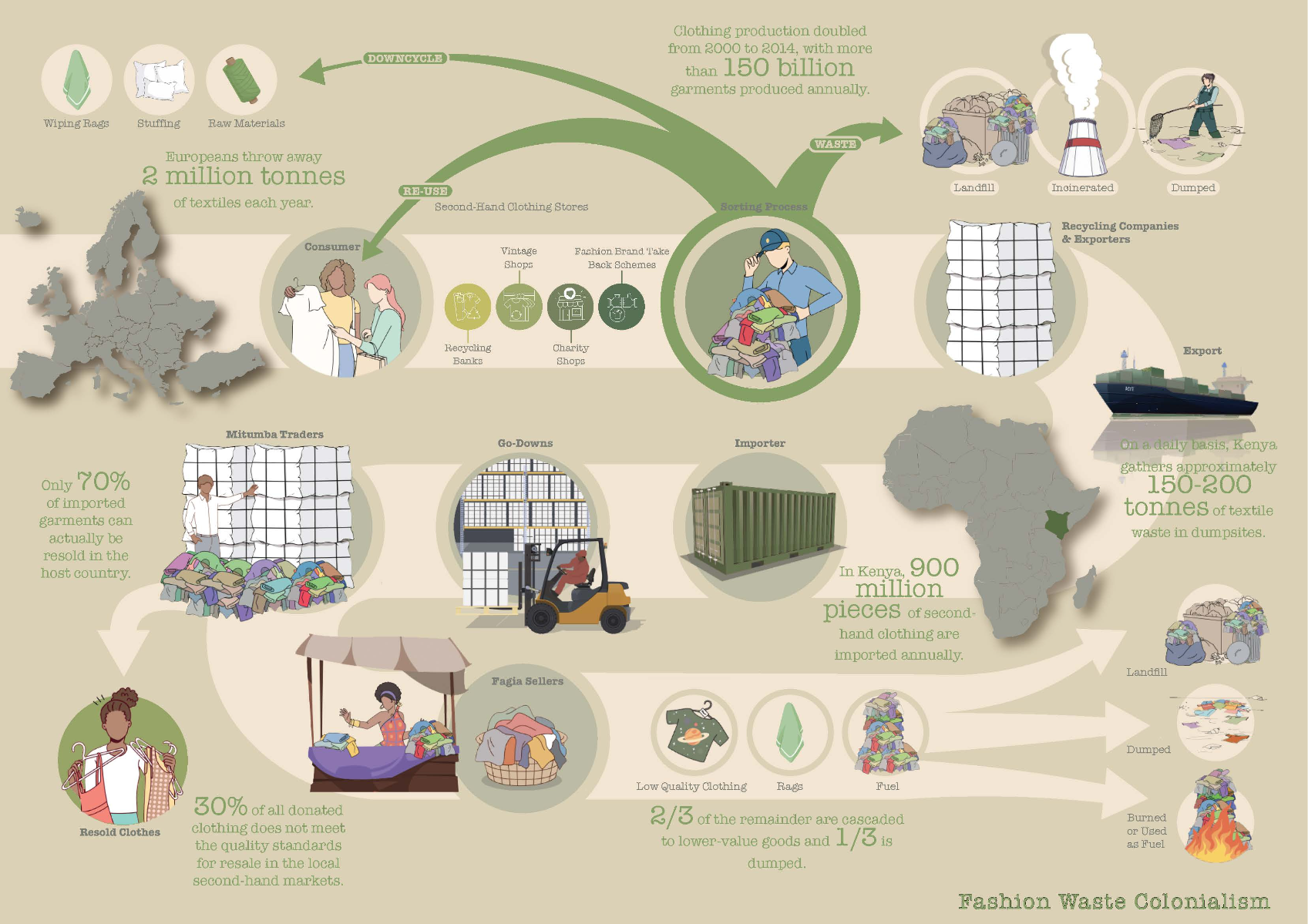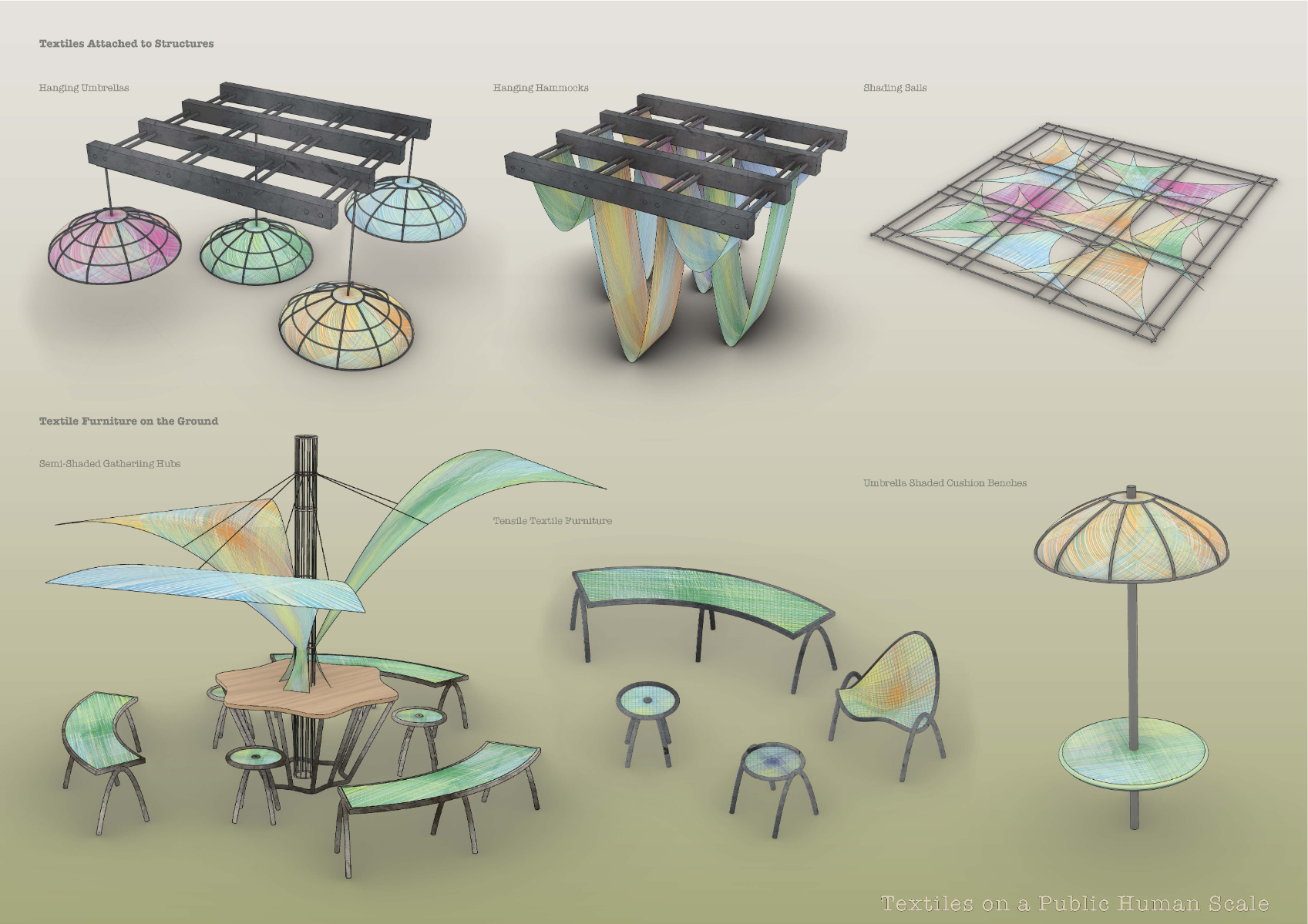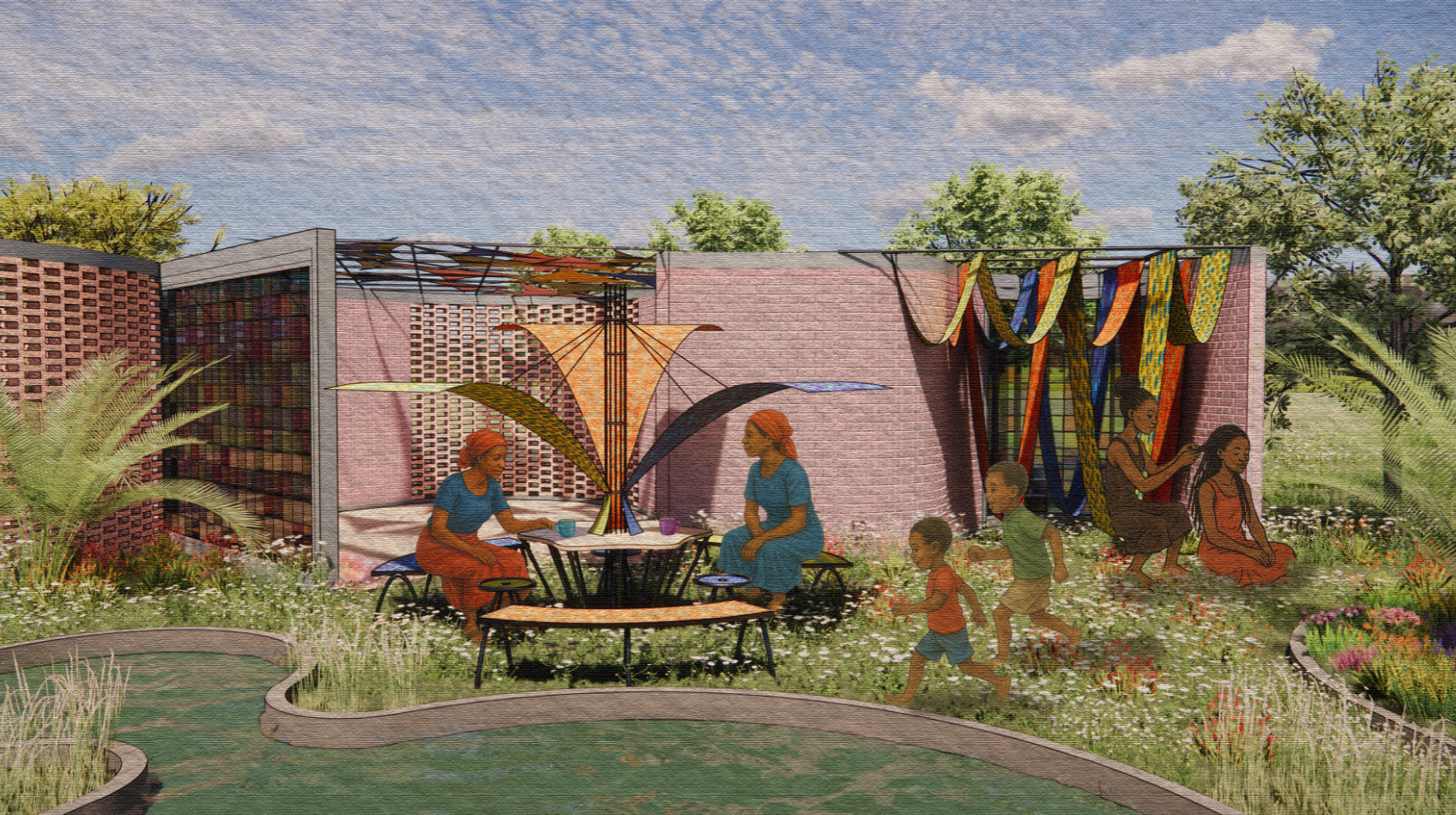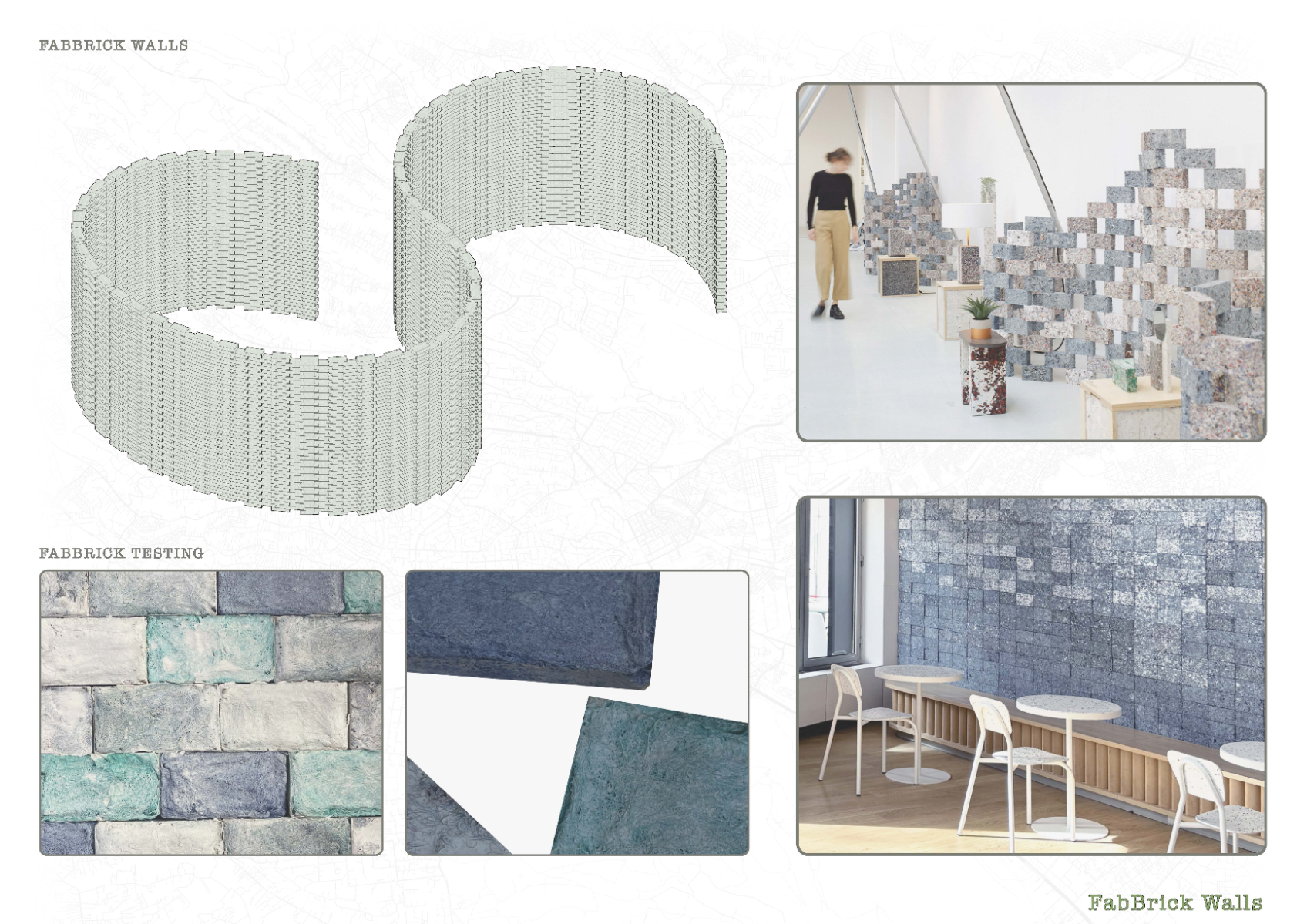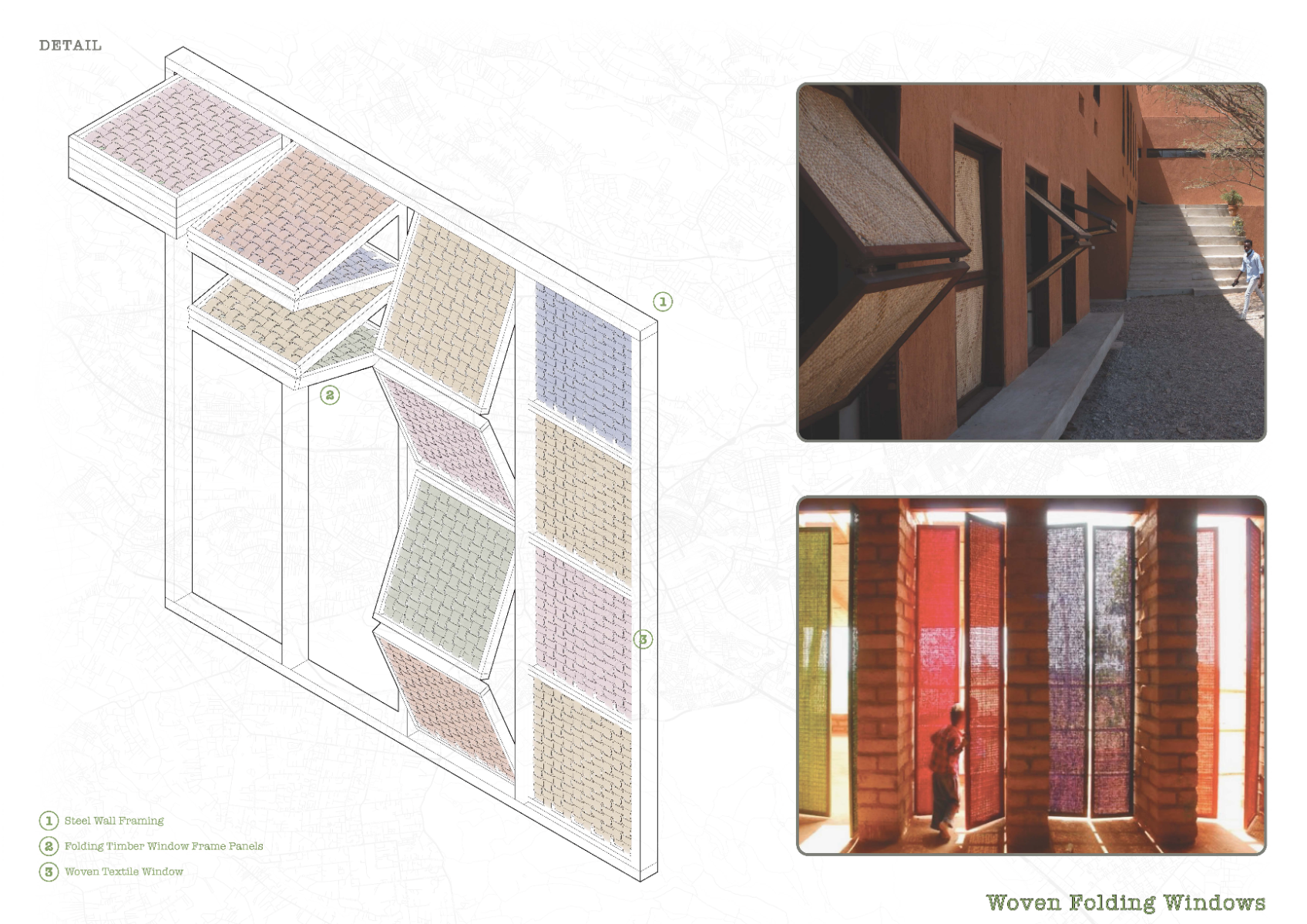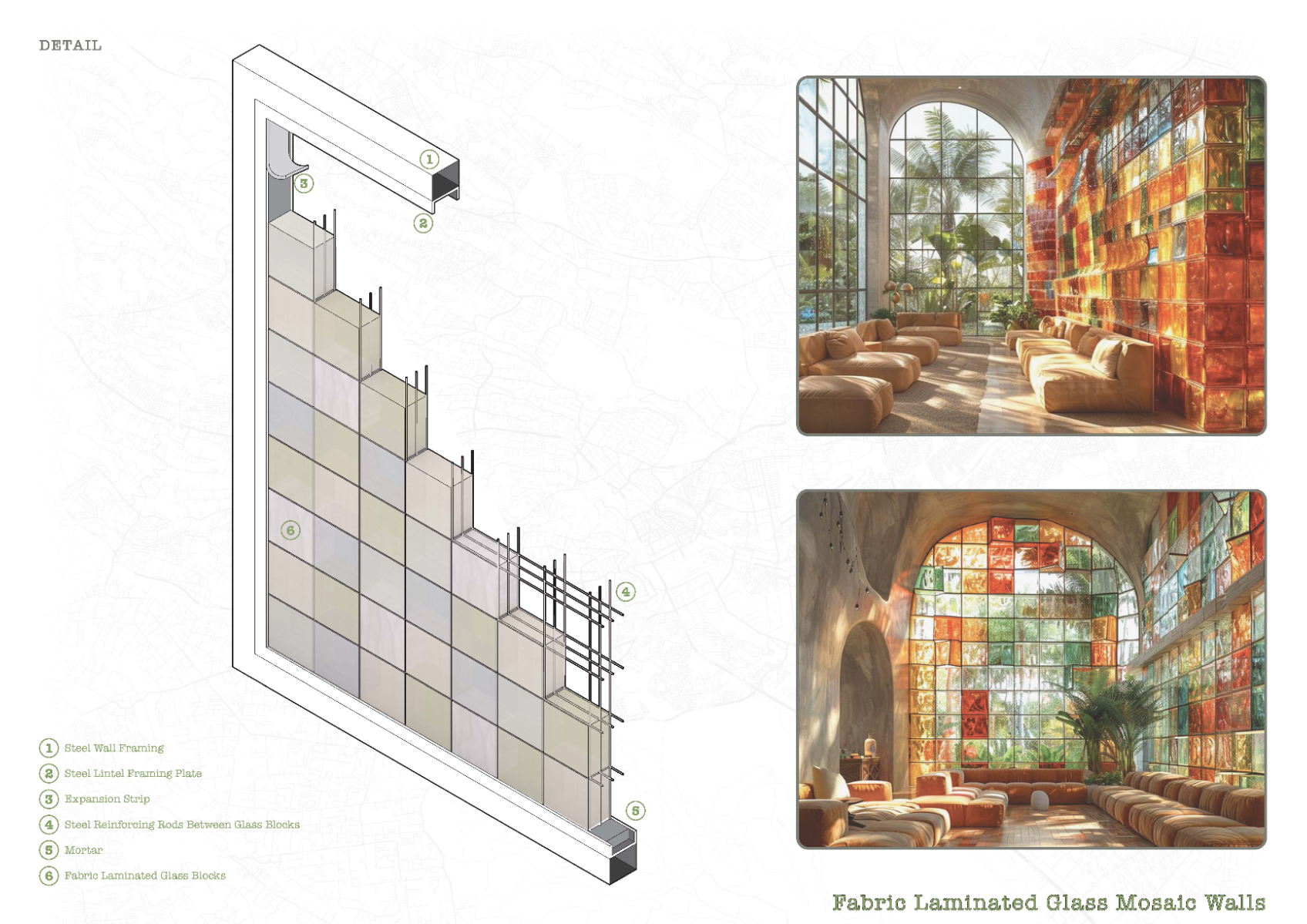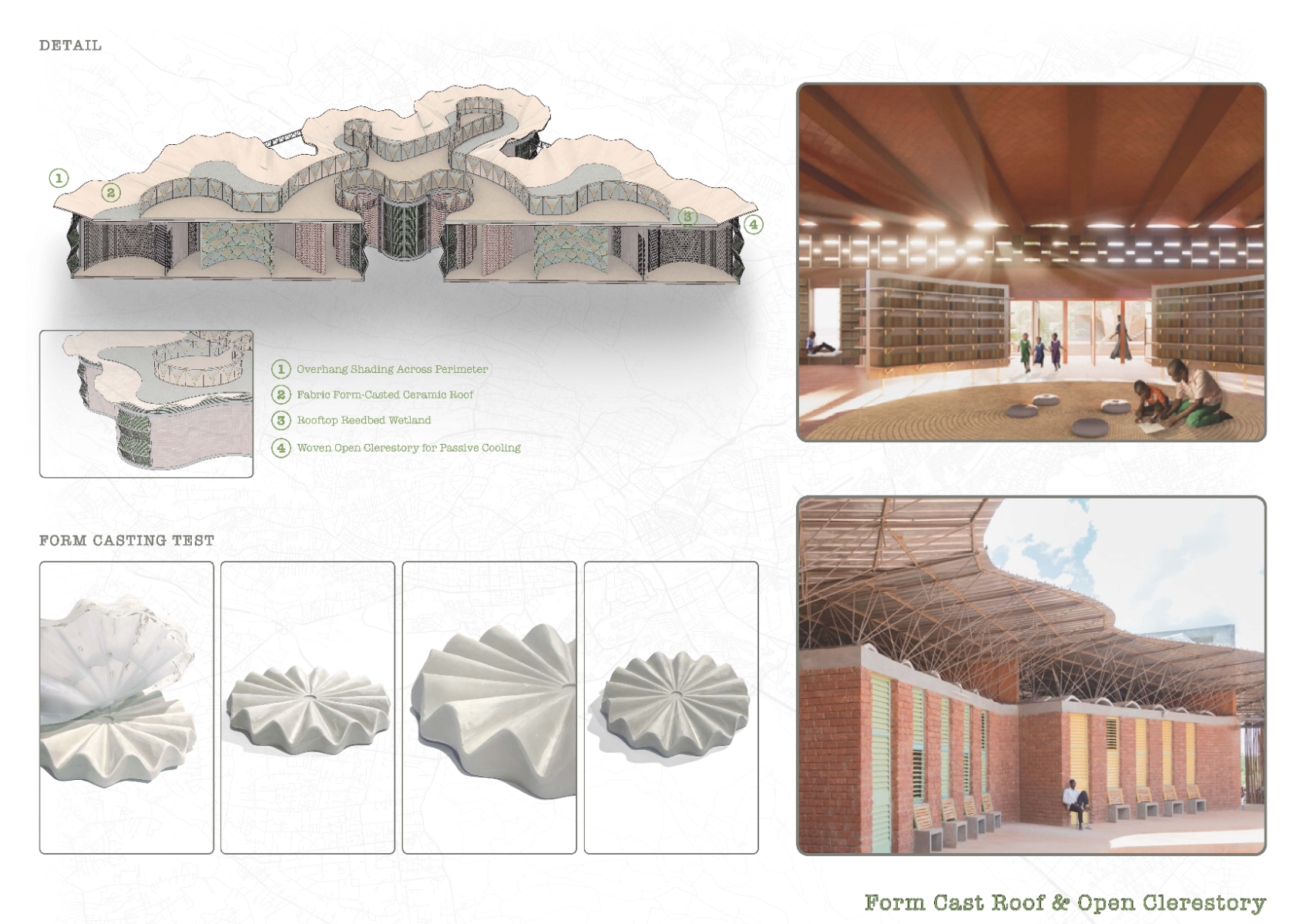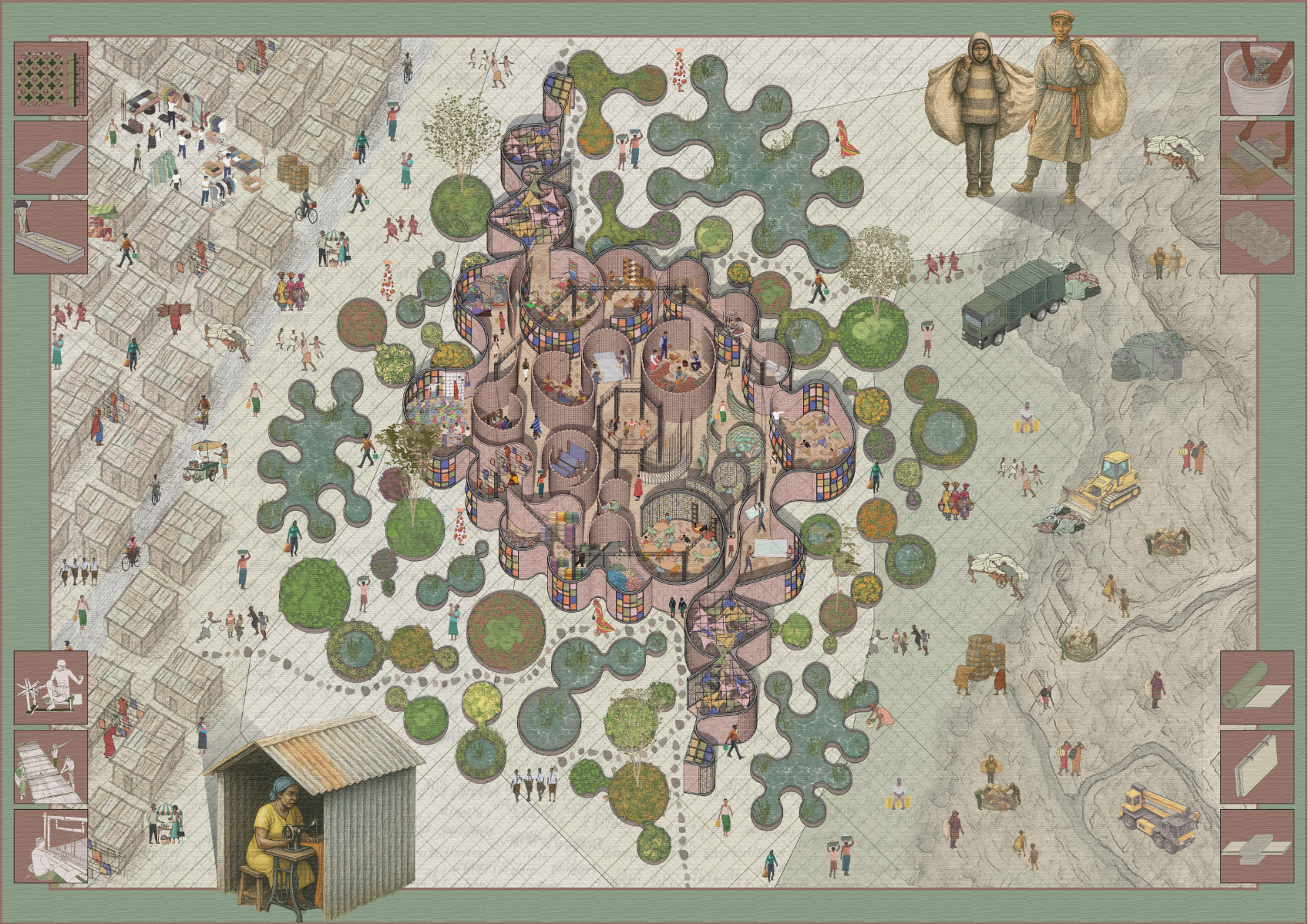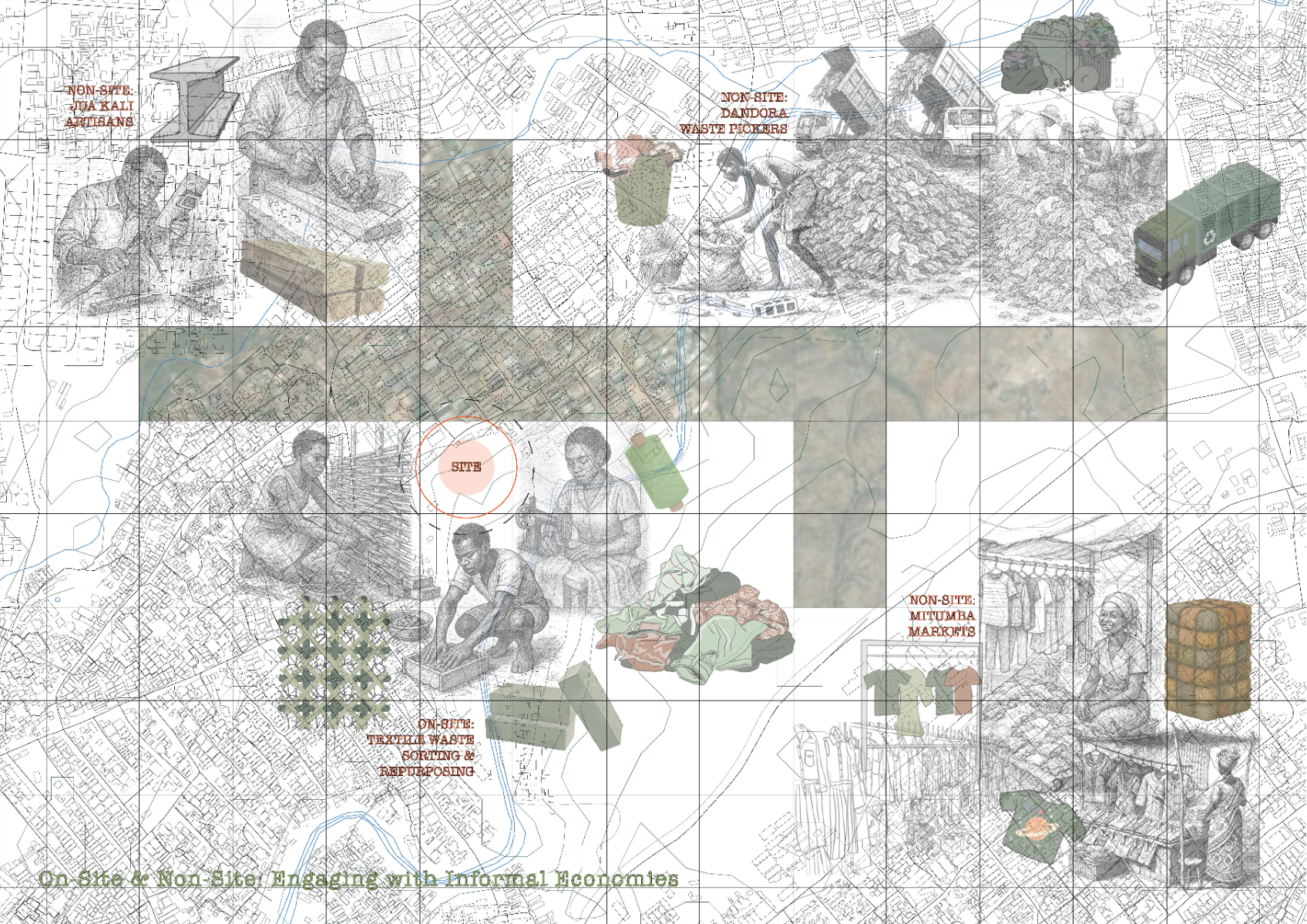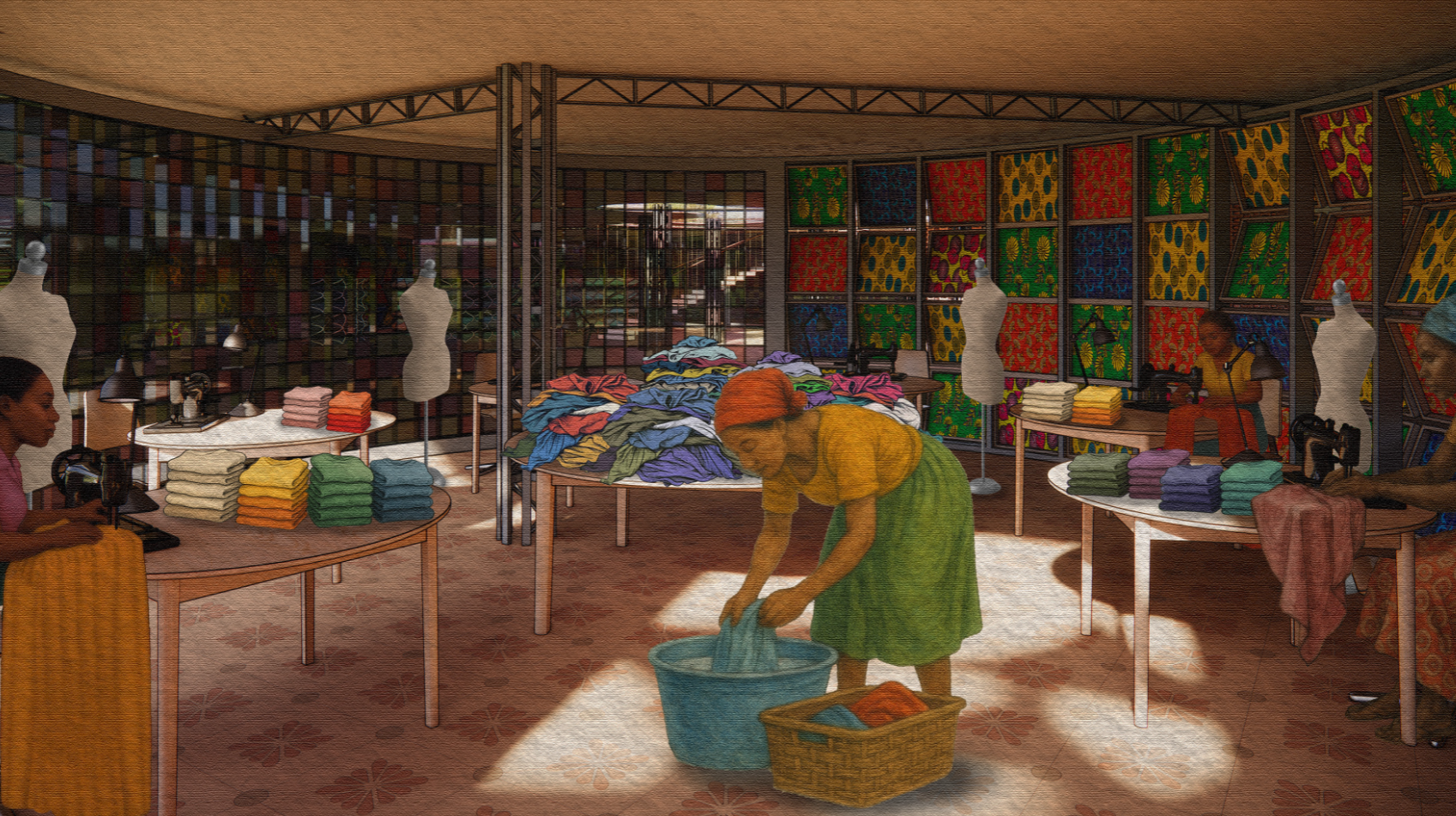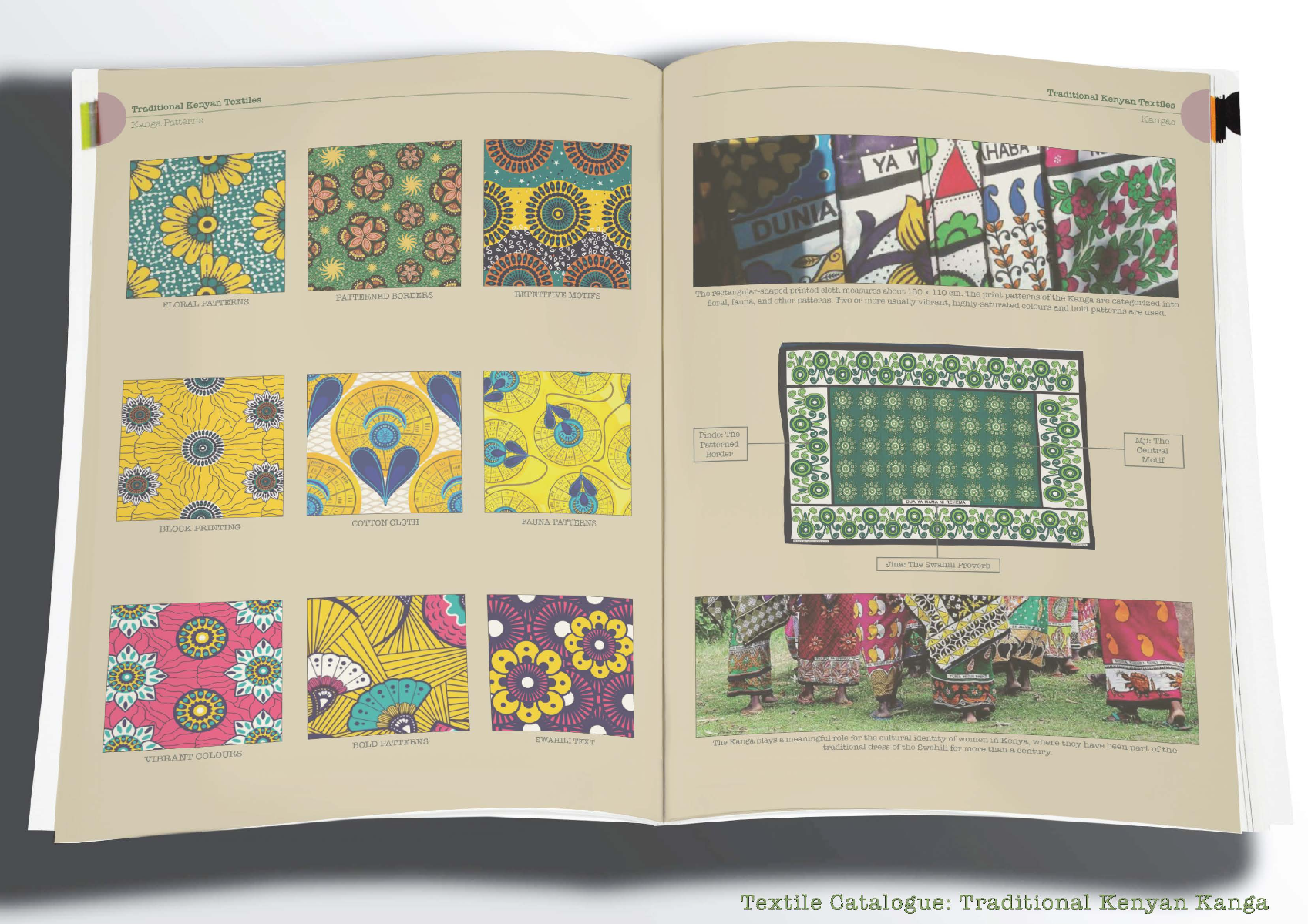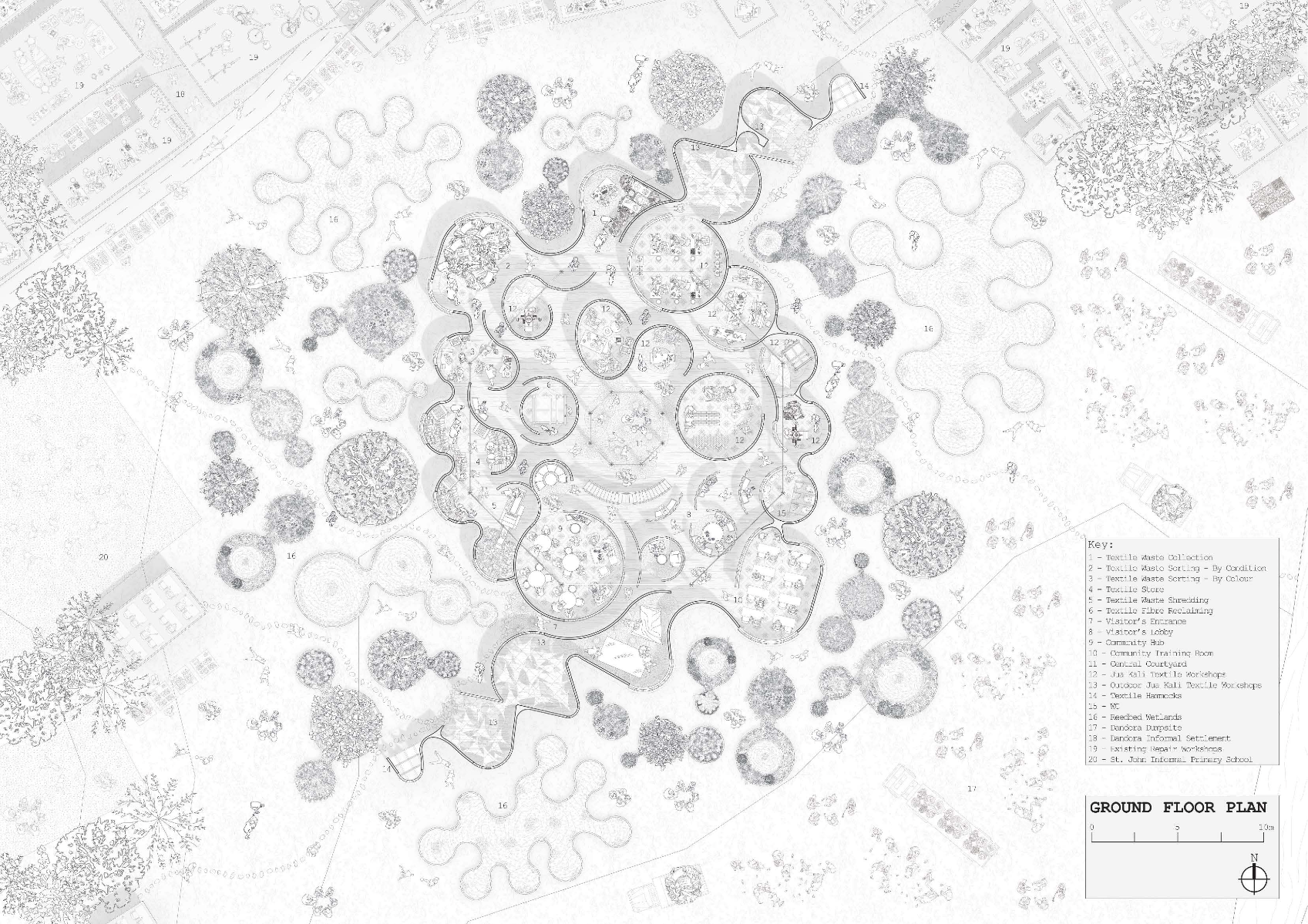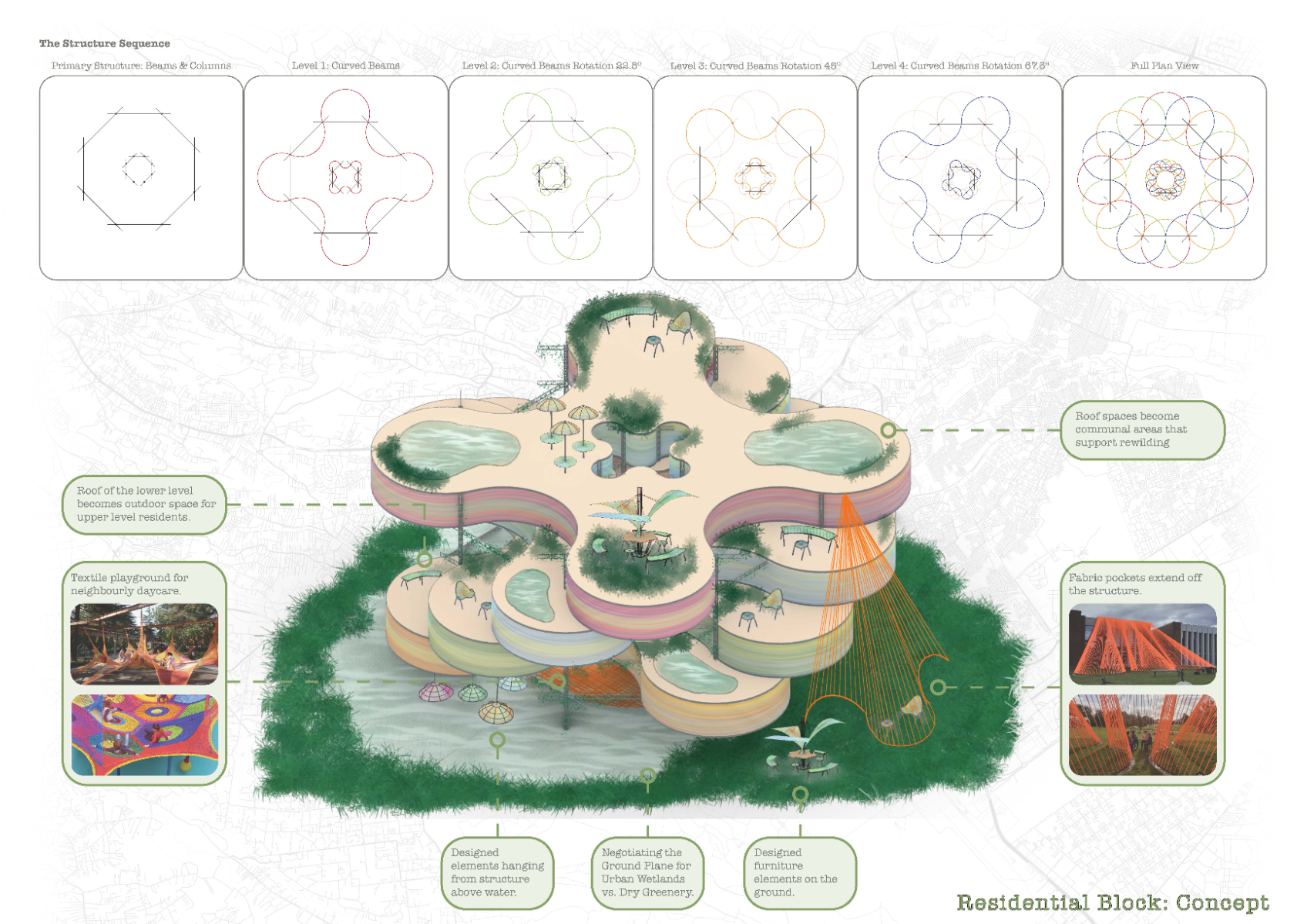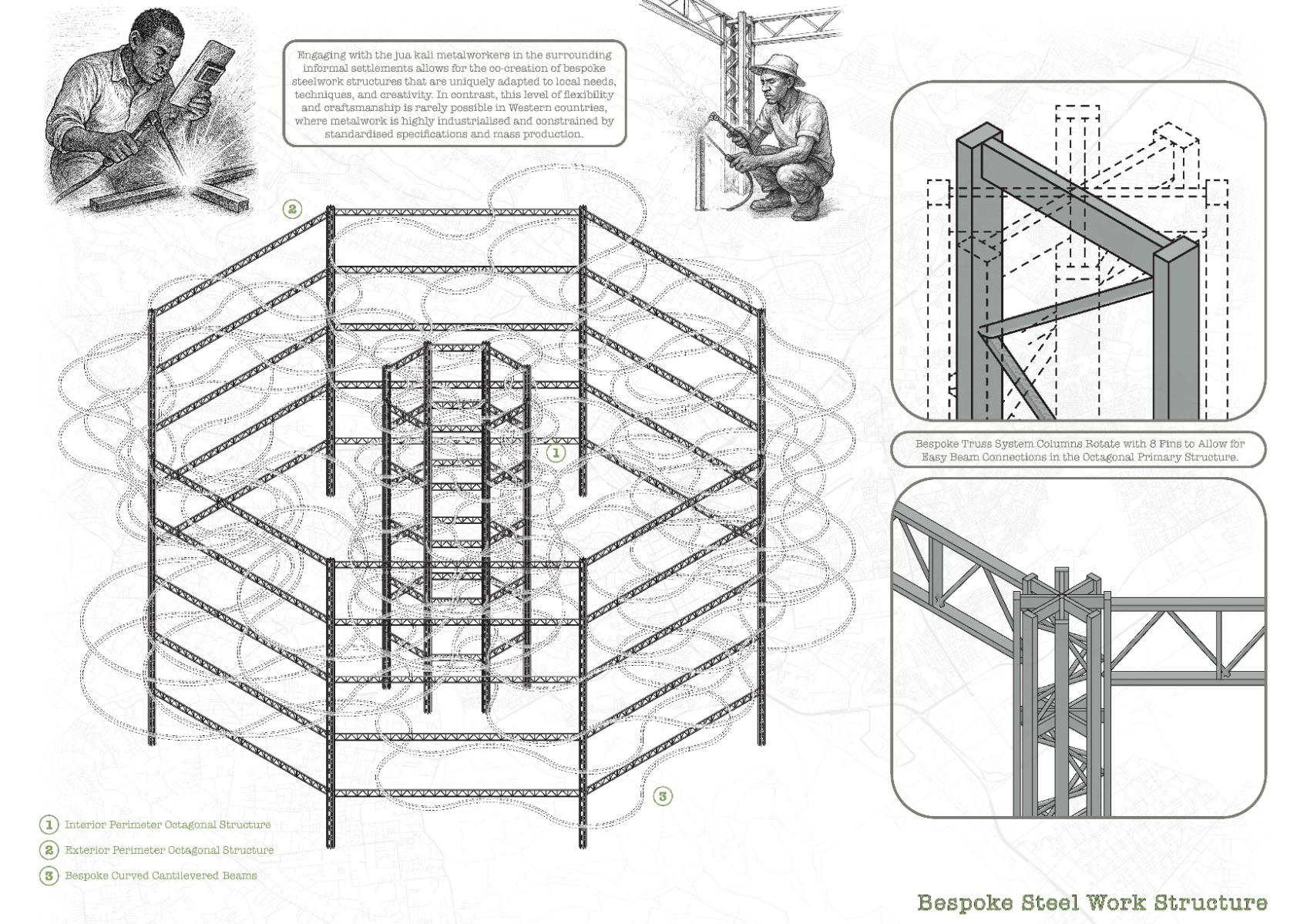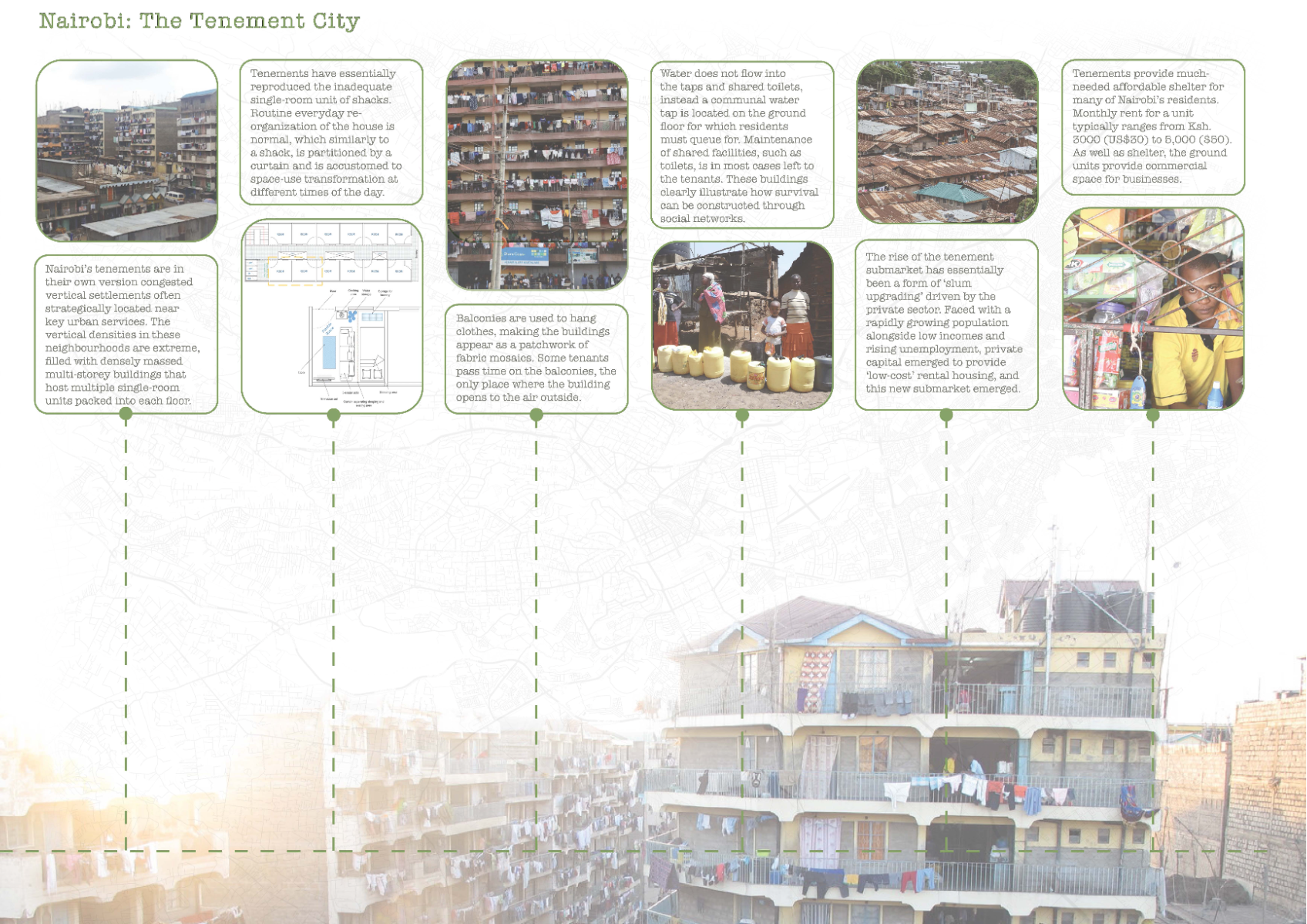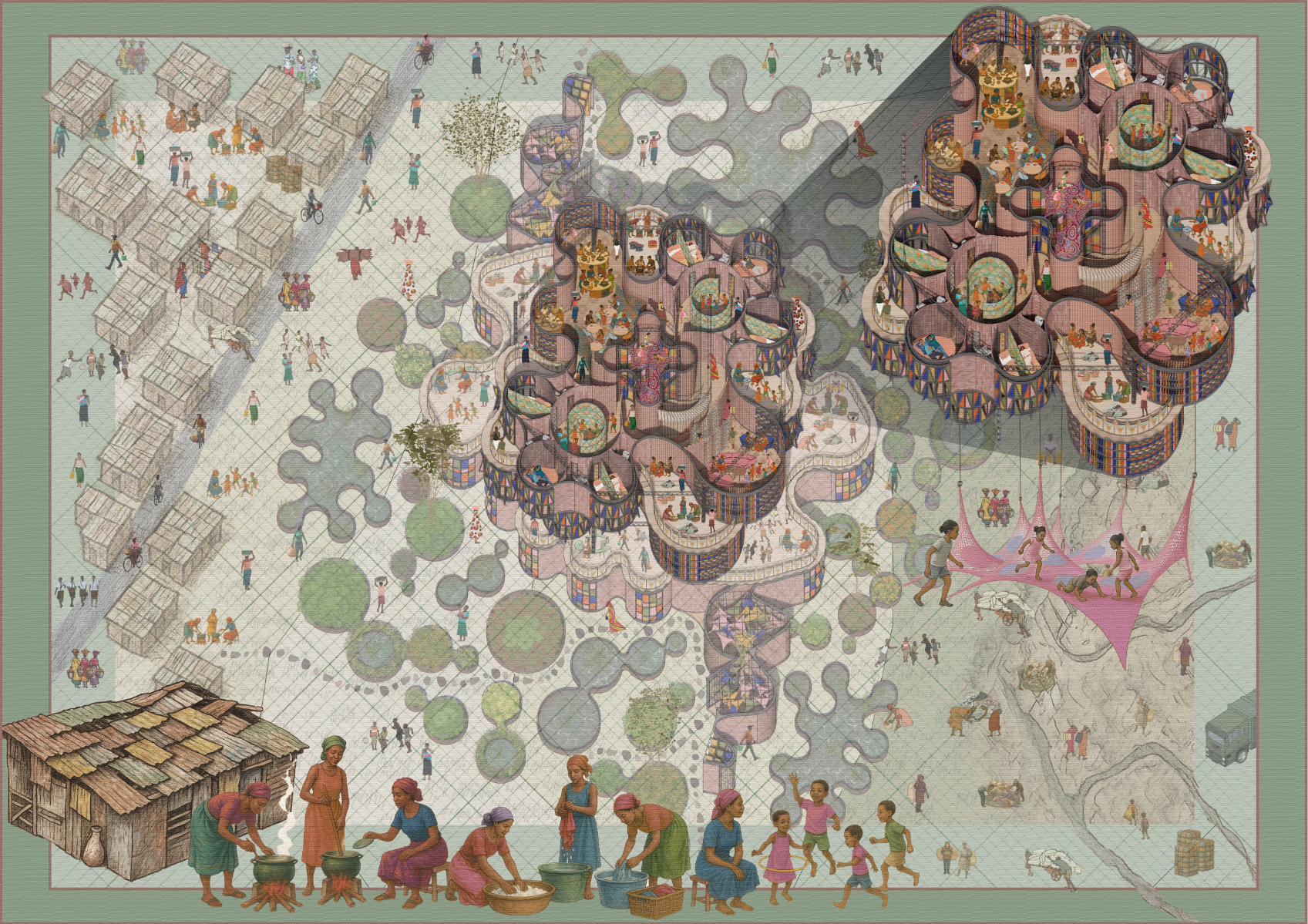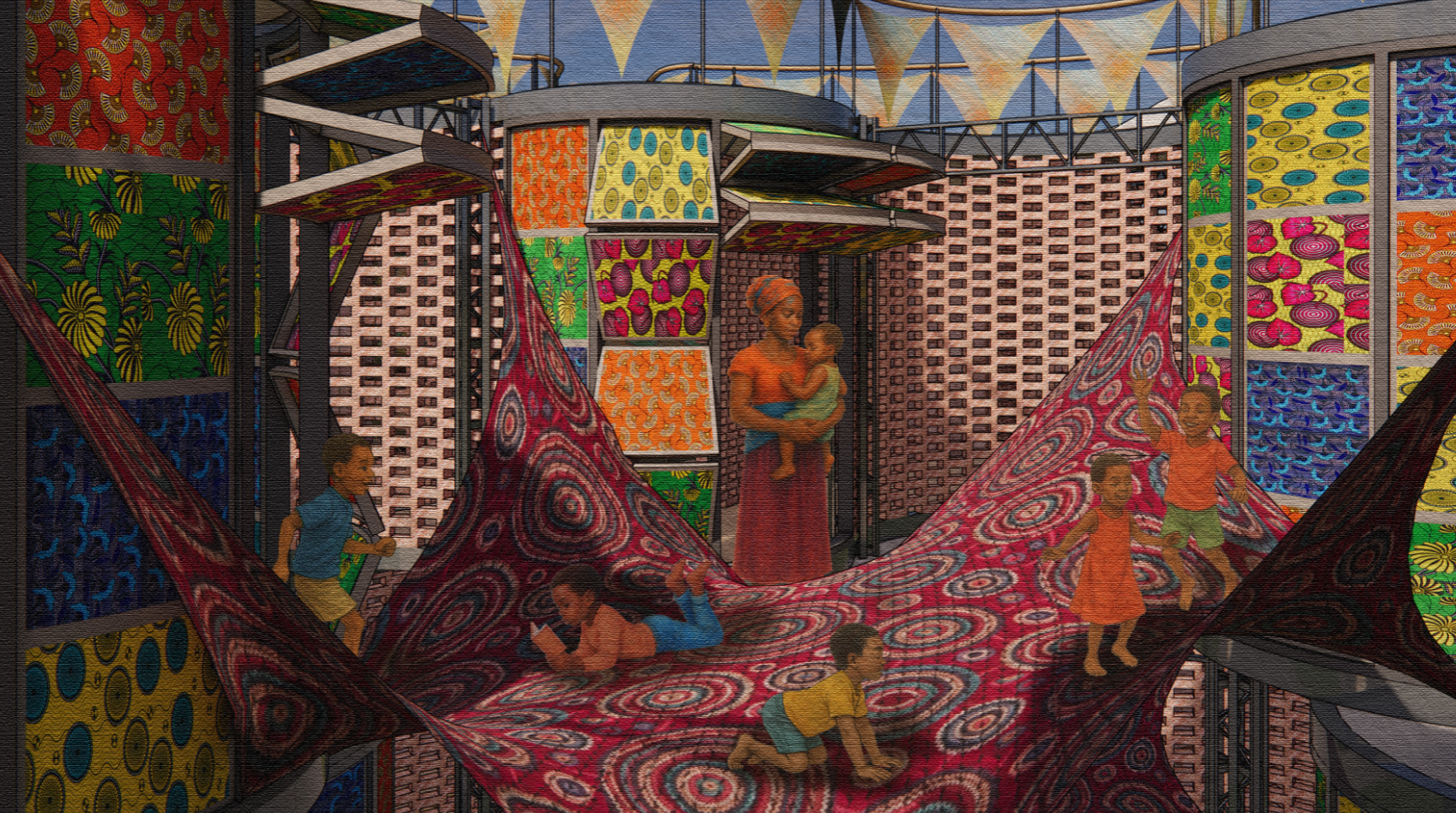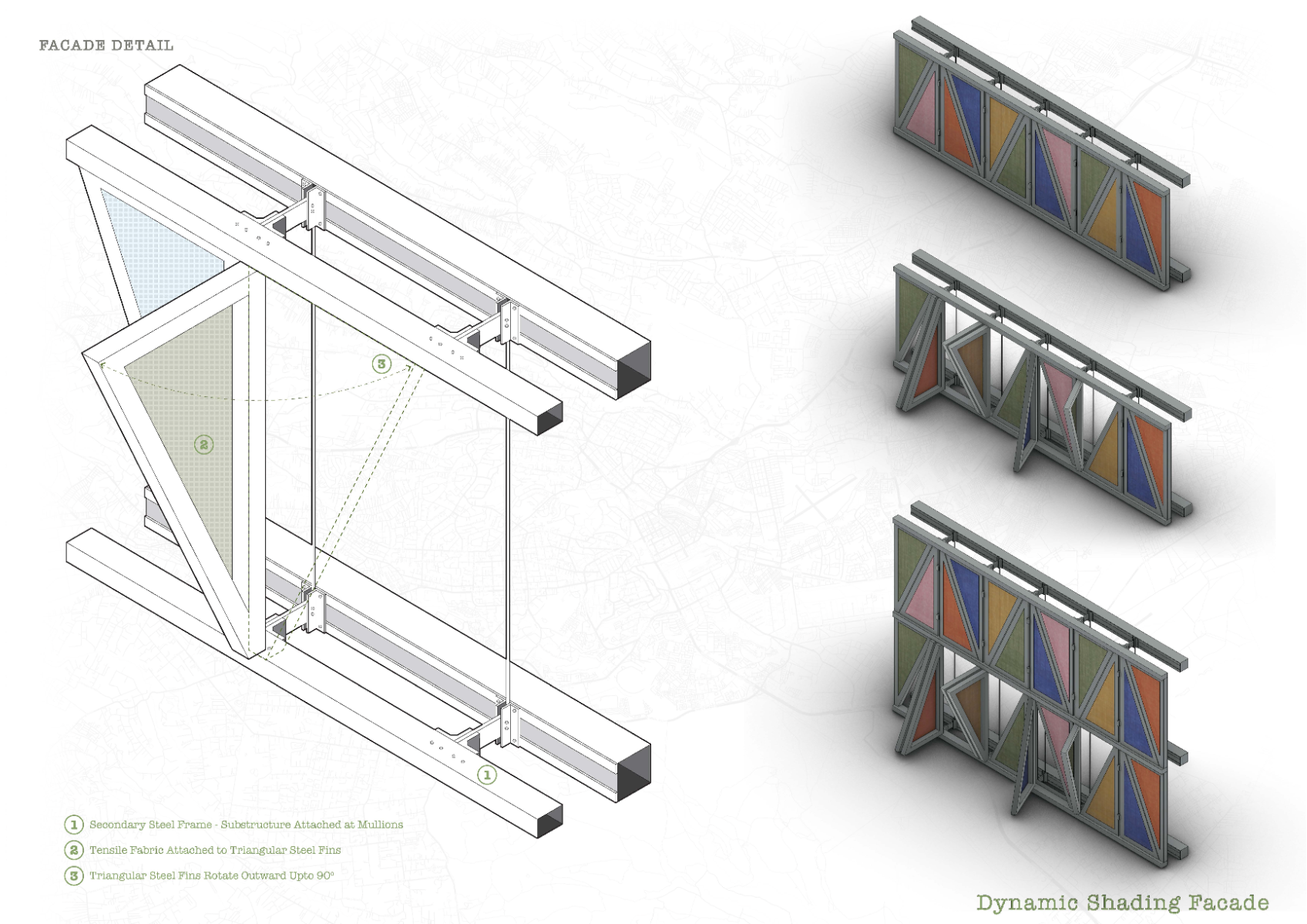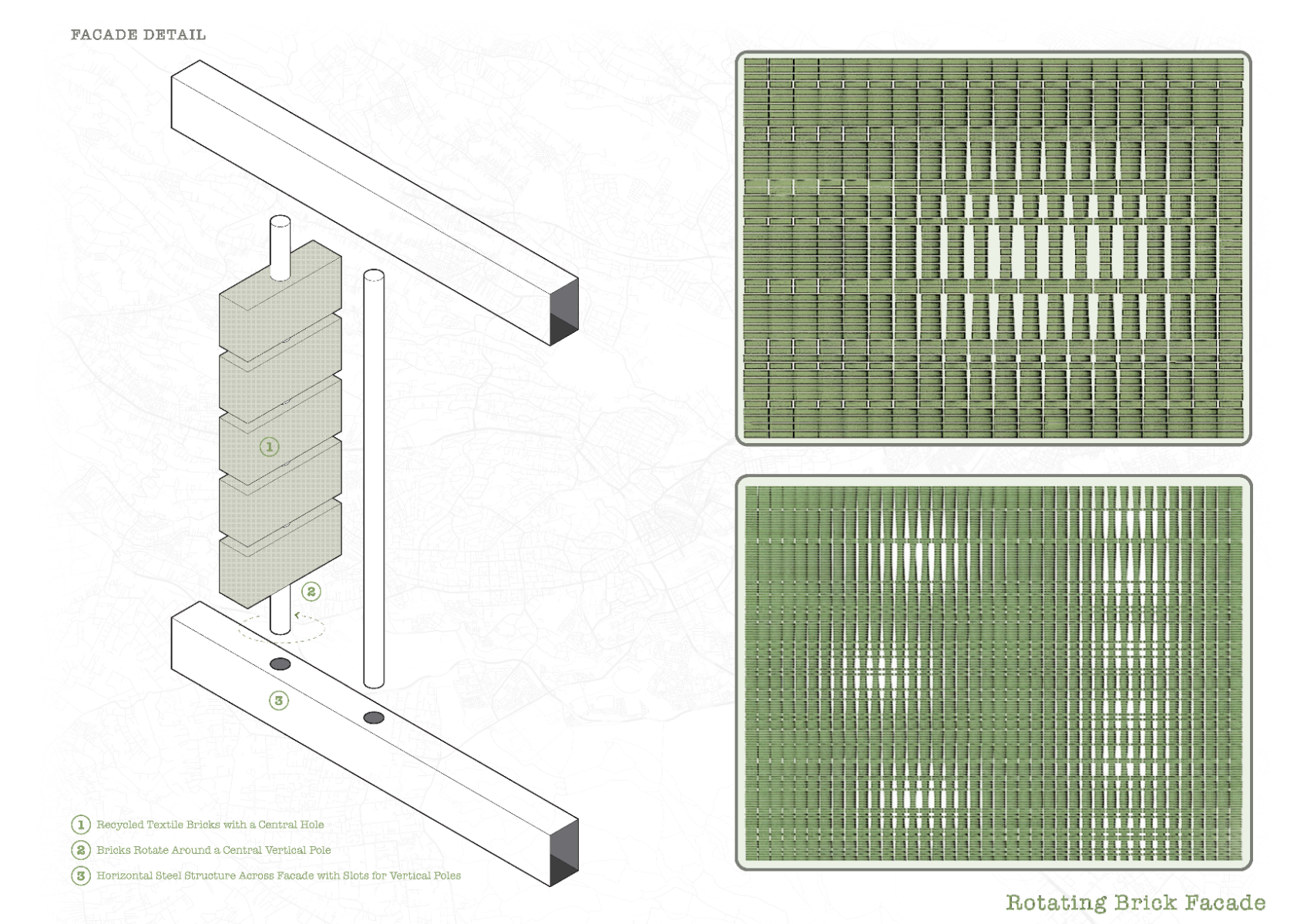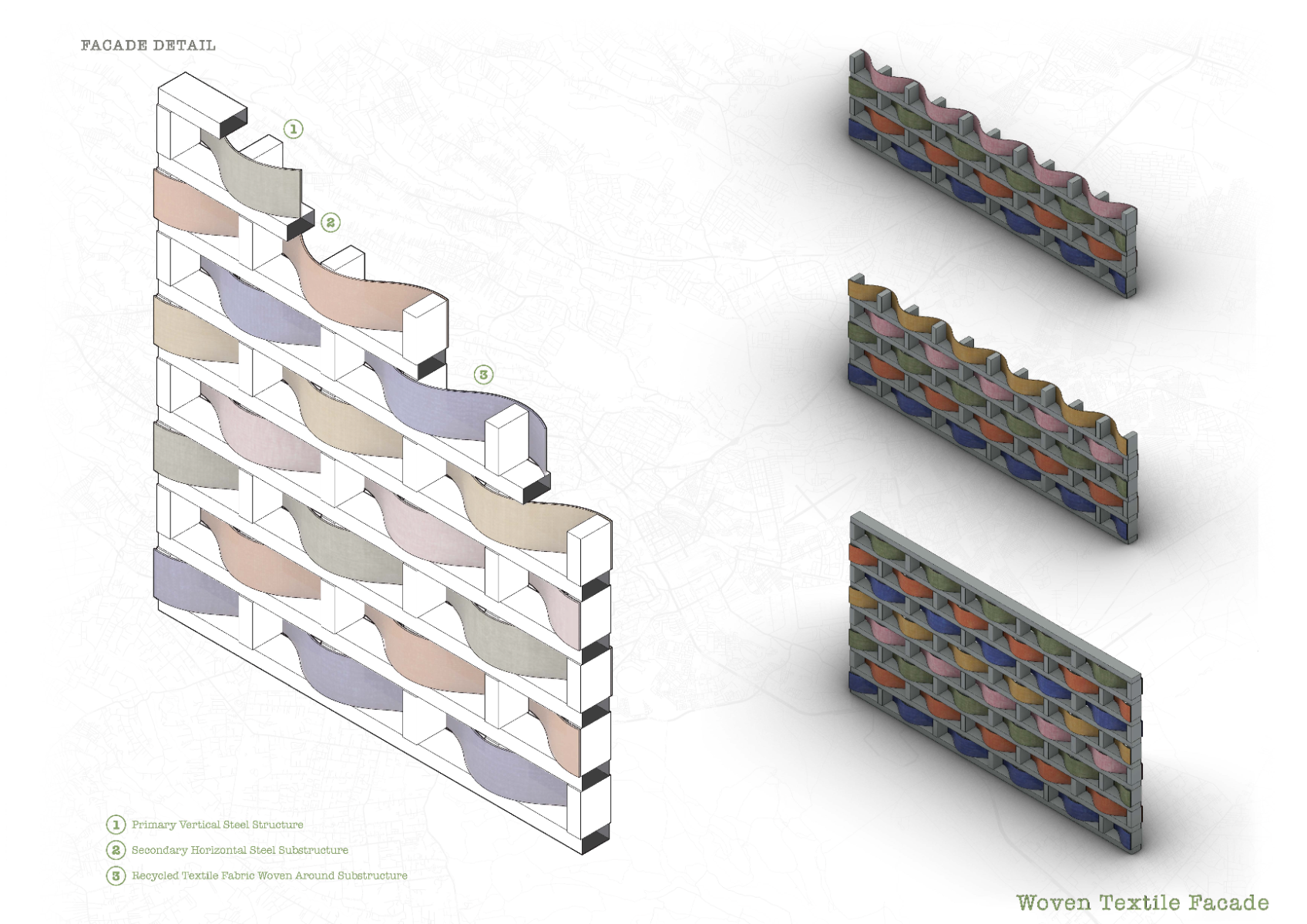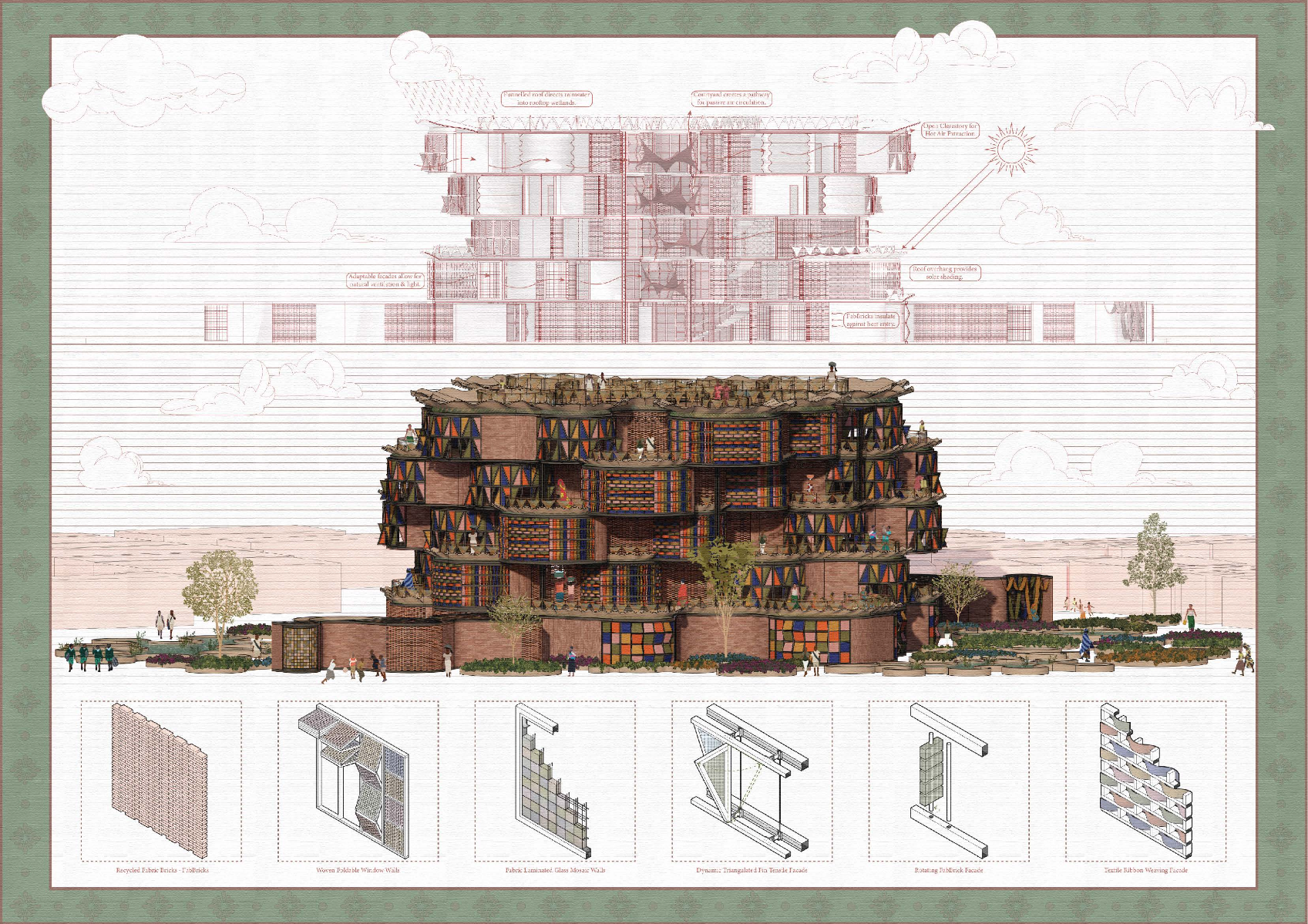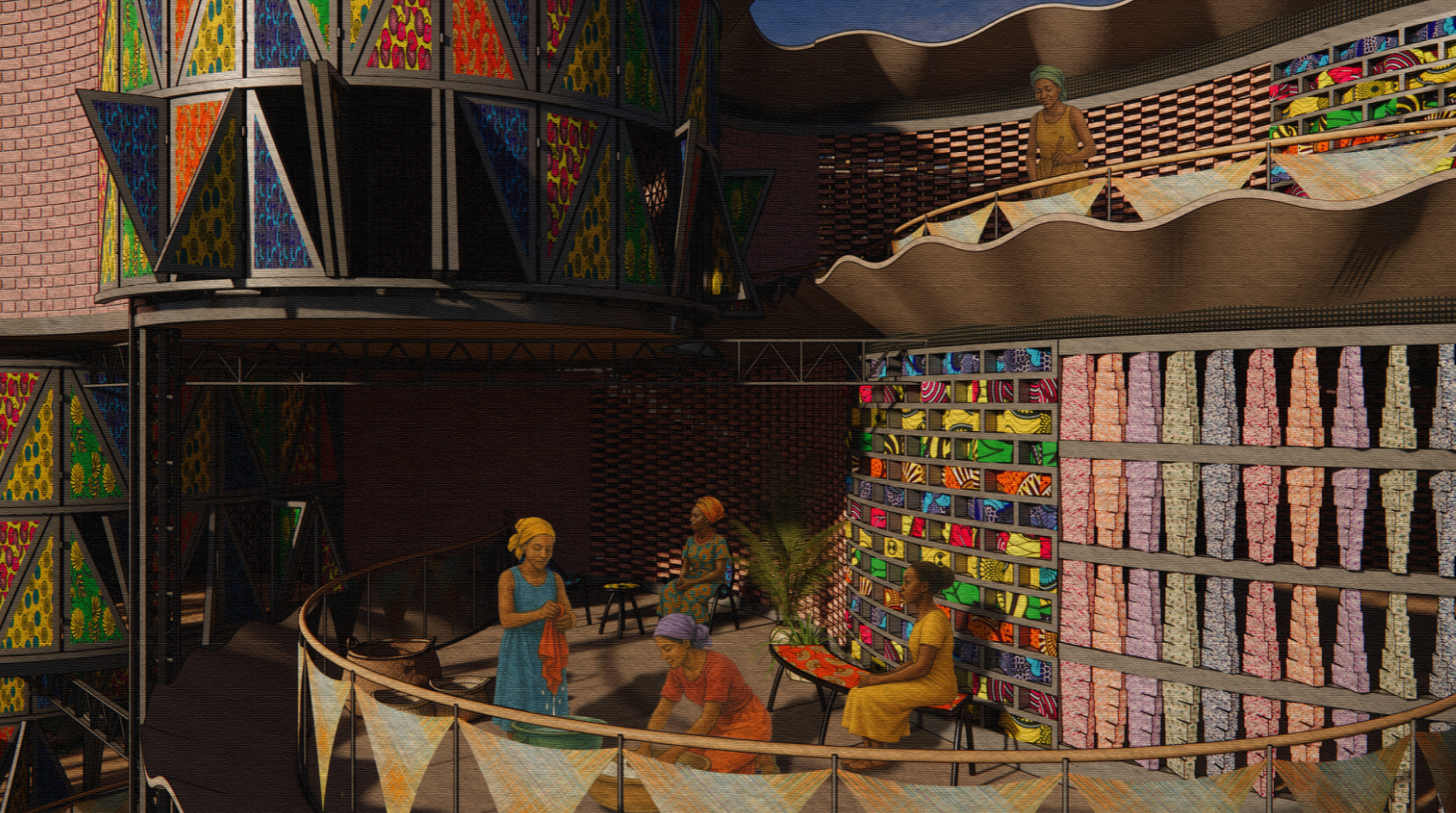Sarina Patel
Architecture MArch
The Bartlett UCL
Graduates: 2025
Specialisms: Architecture / Art Curation / Sustainable Design
My location: London, United Kingdom

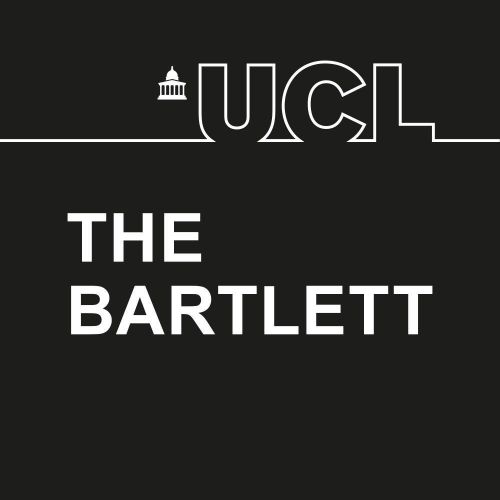
Sarina Patel

First Name: Sarina
Last Name: Patel
University / College: The Bartlett UCL
Course / Program: Architecture MArch
Graduates: 2025
Specialisms: Architecture / Art Curation / Sustainable Design
My Location: London, United Kingdom
Website: Click To See Website
About
Nairobi’s urban poor communities have a way of imagining their own futures; what would happen if we engaged architectural tools to give form to those imaginations or be in conversation with them? In/Formal Imaginaries envisions a transformative approach to Nairobi’s Dandora dumpsite by engaging with the imaginations and agency of the informal sector. Instead of discarding textile waste, the project repositions it as a valuable resource, drawing on the city’s informal economies of repair. Waste pickers sort textiles, while Jua Kali artisans creatively repurpose them into building systems, forming the basis of a community-driven, circular economy. At the heart of the proposal is a craftivist centre, a communal infrastructure that houses workshops, studios, and residencies for artisans and their families. The ground floor supports waste processing and design experimentation, while upper-level residential units rethink vertical living to sustain the sociality and infrastructures of care embedded in informal settlements. Urban wetlands are integrated as shared ecological spaces, supporting rewilding and community gathering. This initiative aims to redefine slum upgrading by positioning residents as active participants in the making of their own neighbourhoods. Small, localized interventions are seen as catalysts for large-scale impact - introducing a model of ecological, infrastructural, and socio-economic repair. This ‘repair’ is not just physical but cultural: a long-term practice where materials, skills, and knowledge circulate within the community over time. By working with, not for, the community, the project promotes an architecture of collaboration - an ‘architecture with architects’ - rooted in local knowledge, informal systems, and site-specific responses. It challenges dominant urban paradigms by foregrounding collective labour, infrastructures of care, and circular economies of waste, over modernist and capitalist, top-down planning. Ultimately, the project provides a basic toolkit to envision a utopia where the Dandora dumpsite becomes a thriving, self-sustaining neighbourhood - showcasing how small-scale, community-led design interventions can shape more inclusive, resilient urban futures.
Competitions

